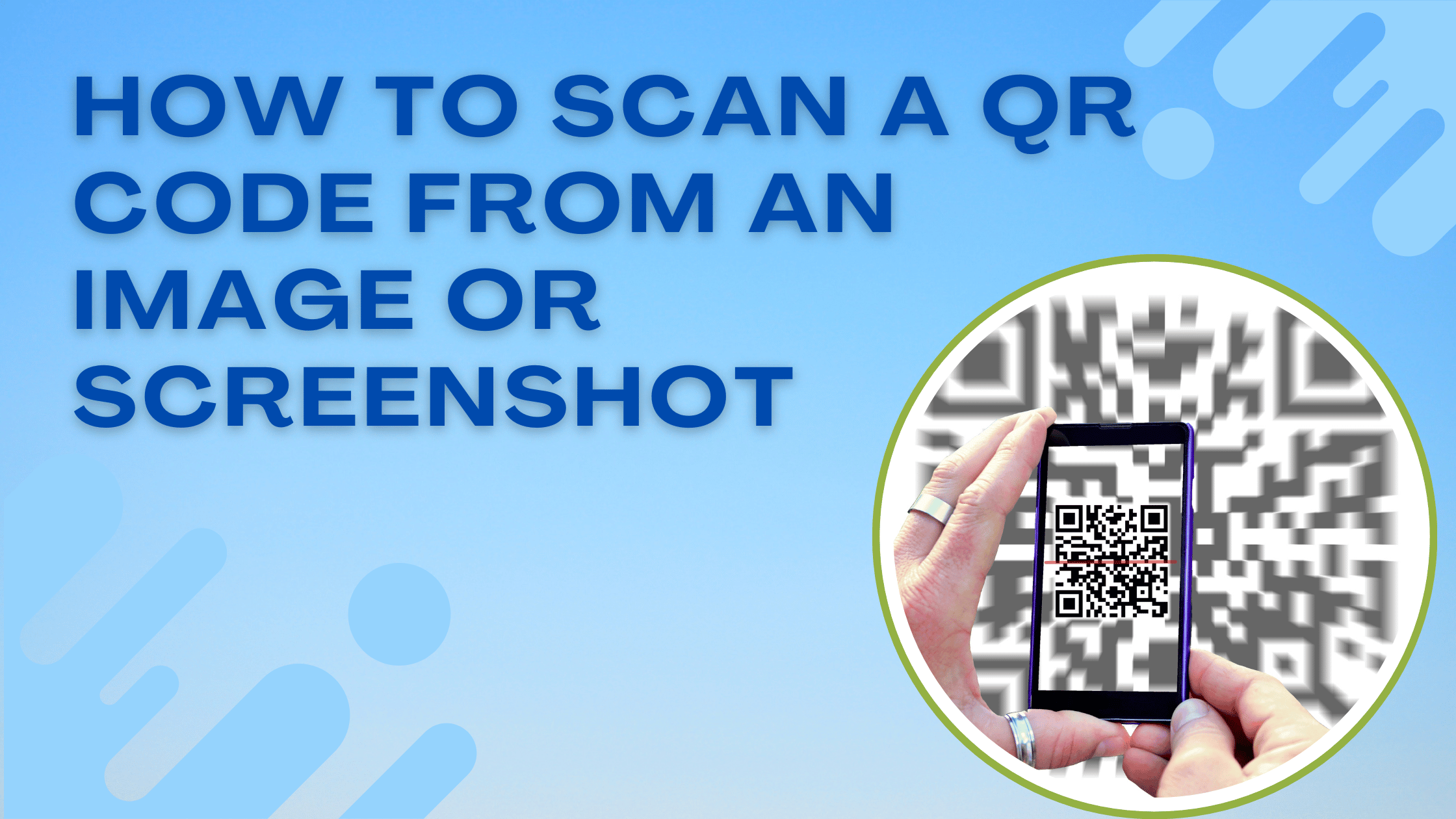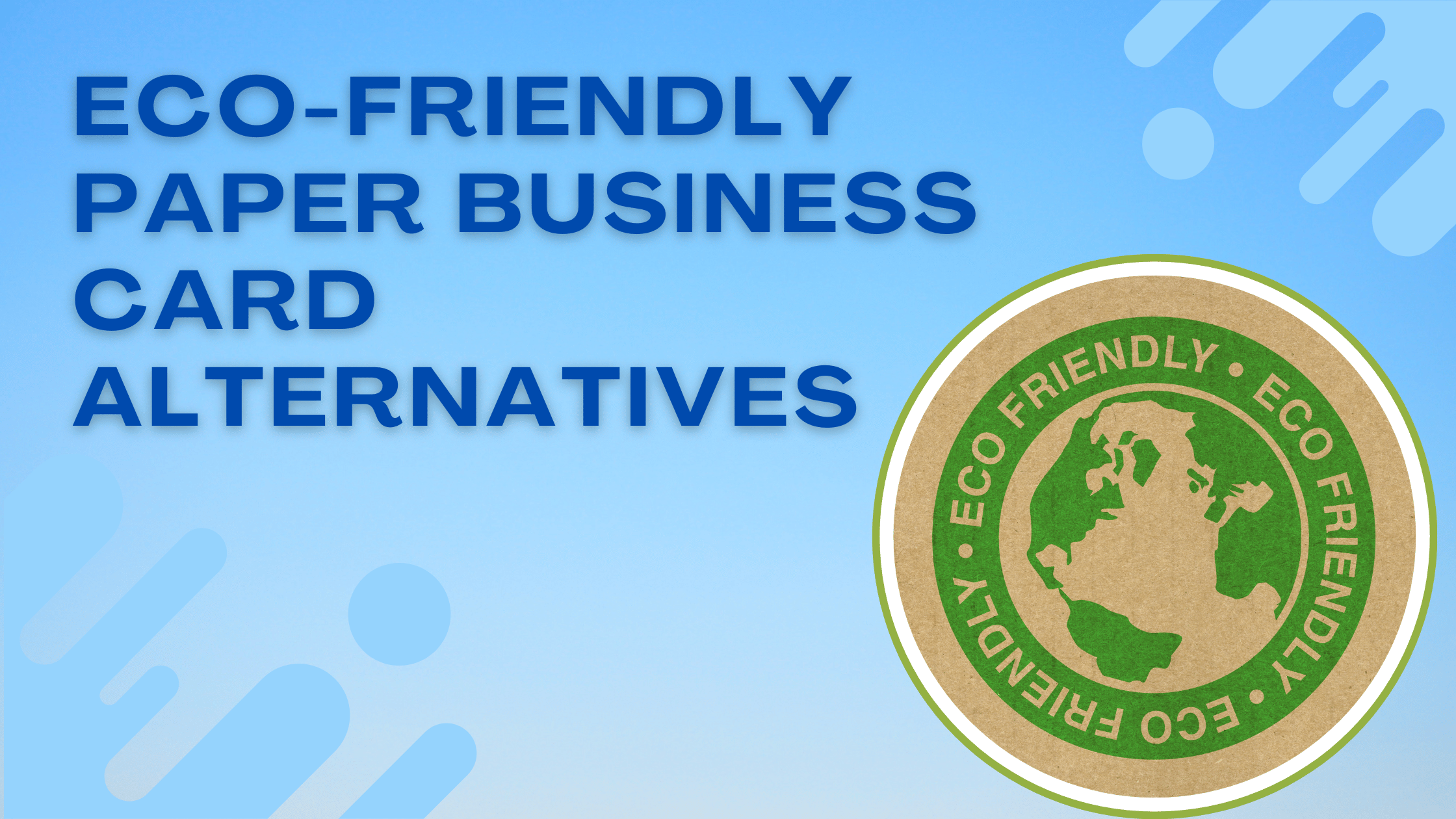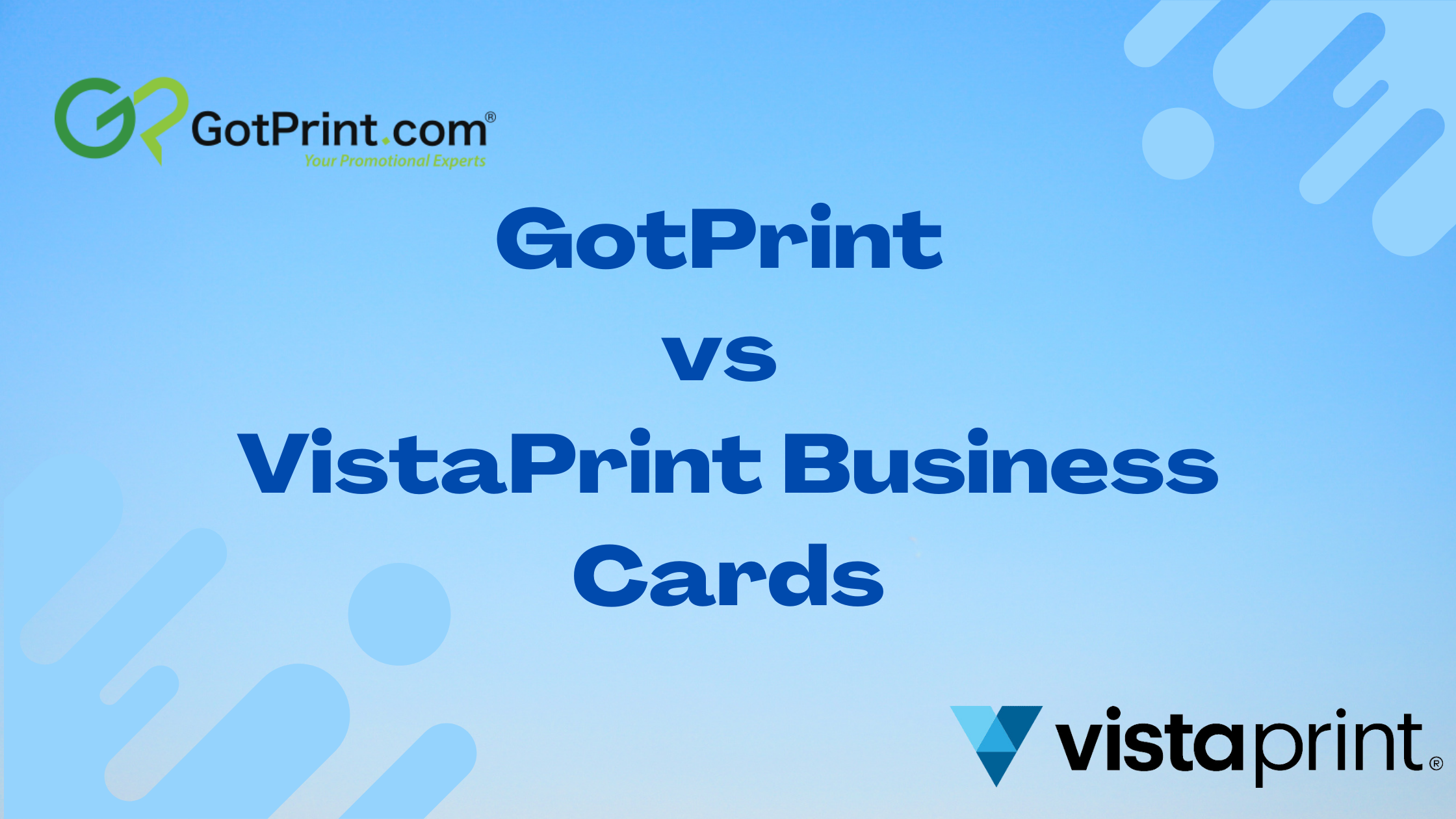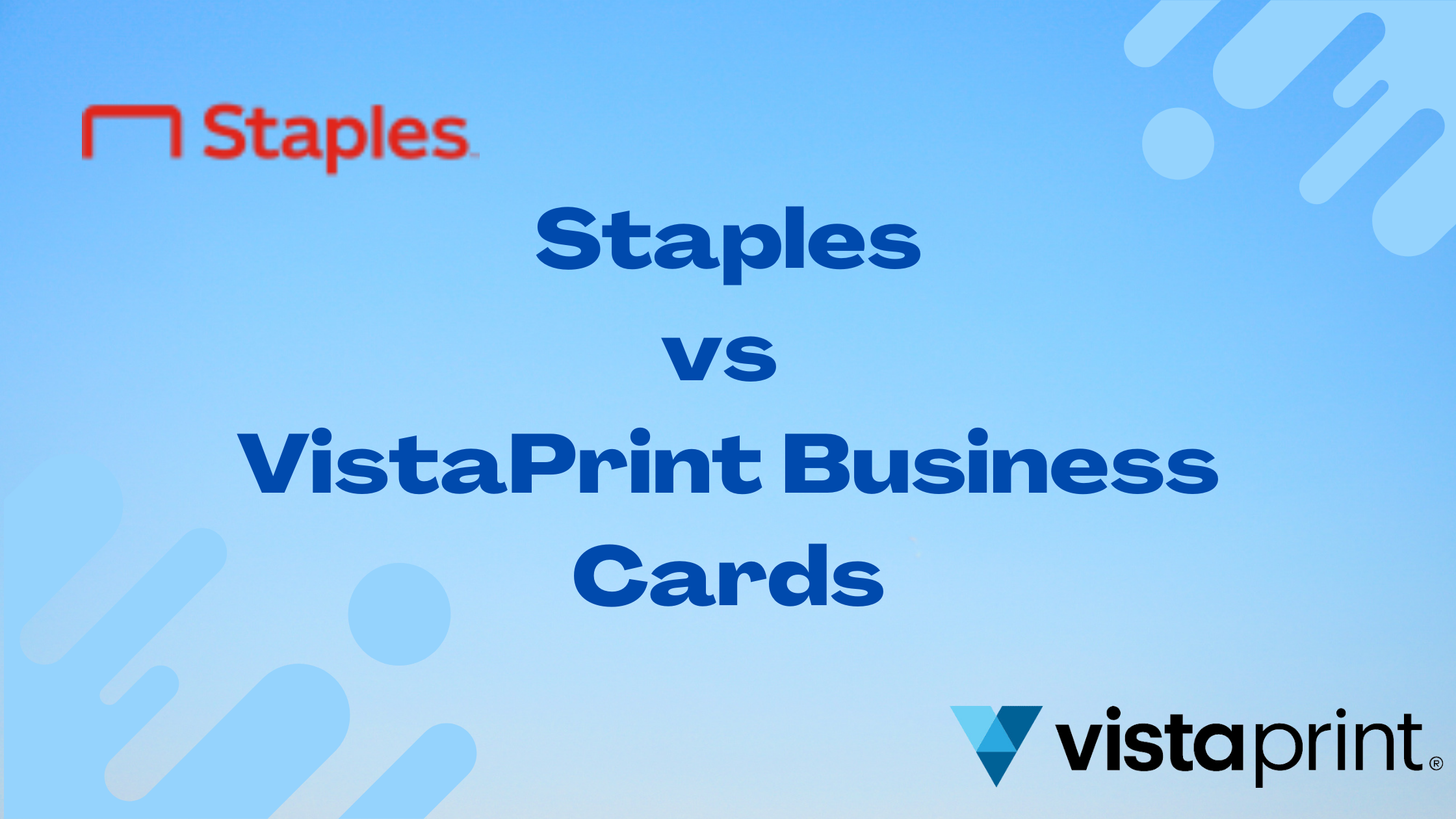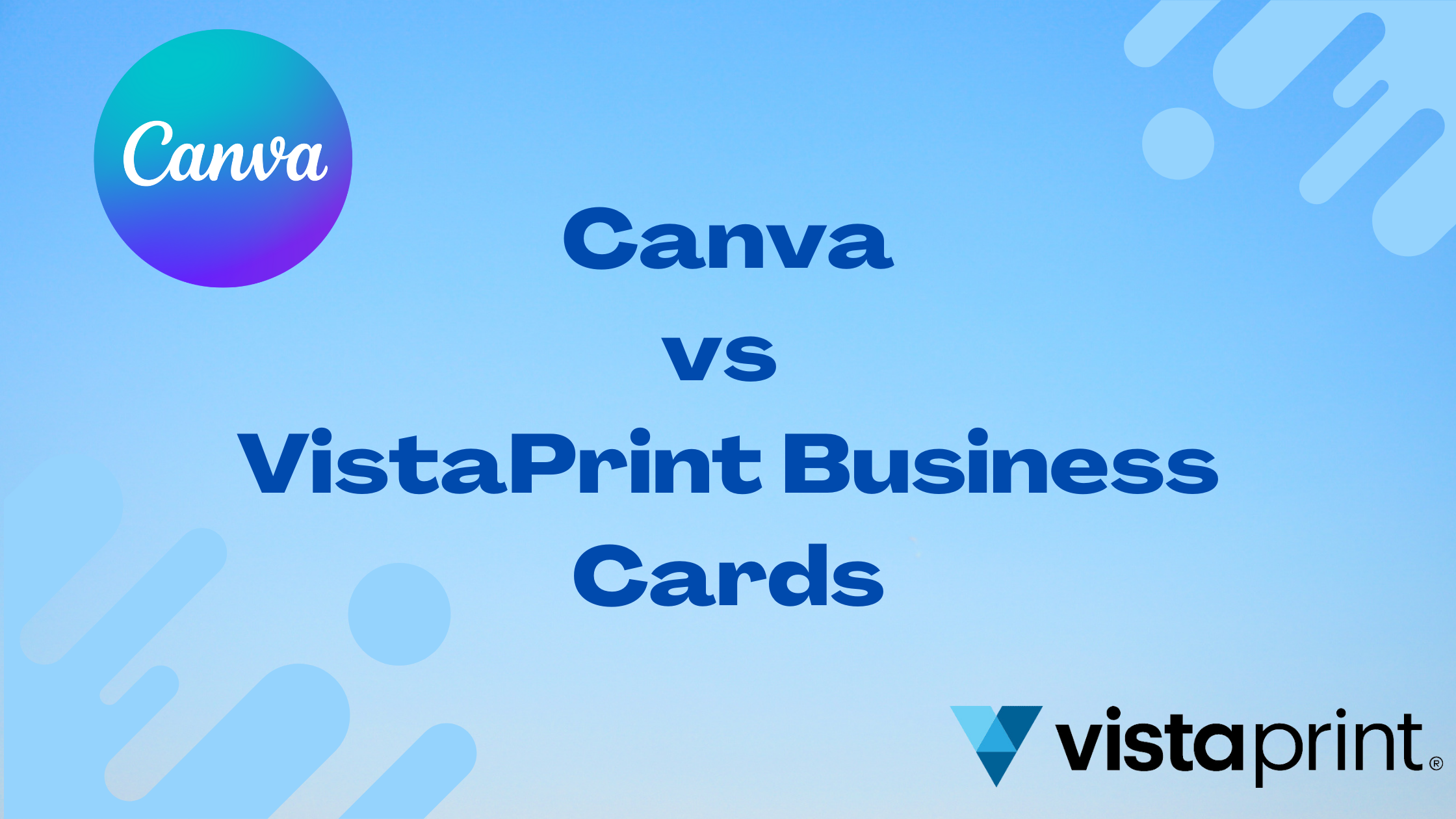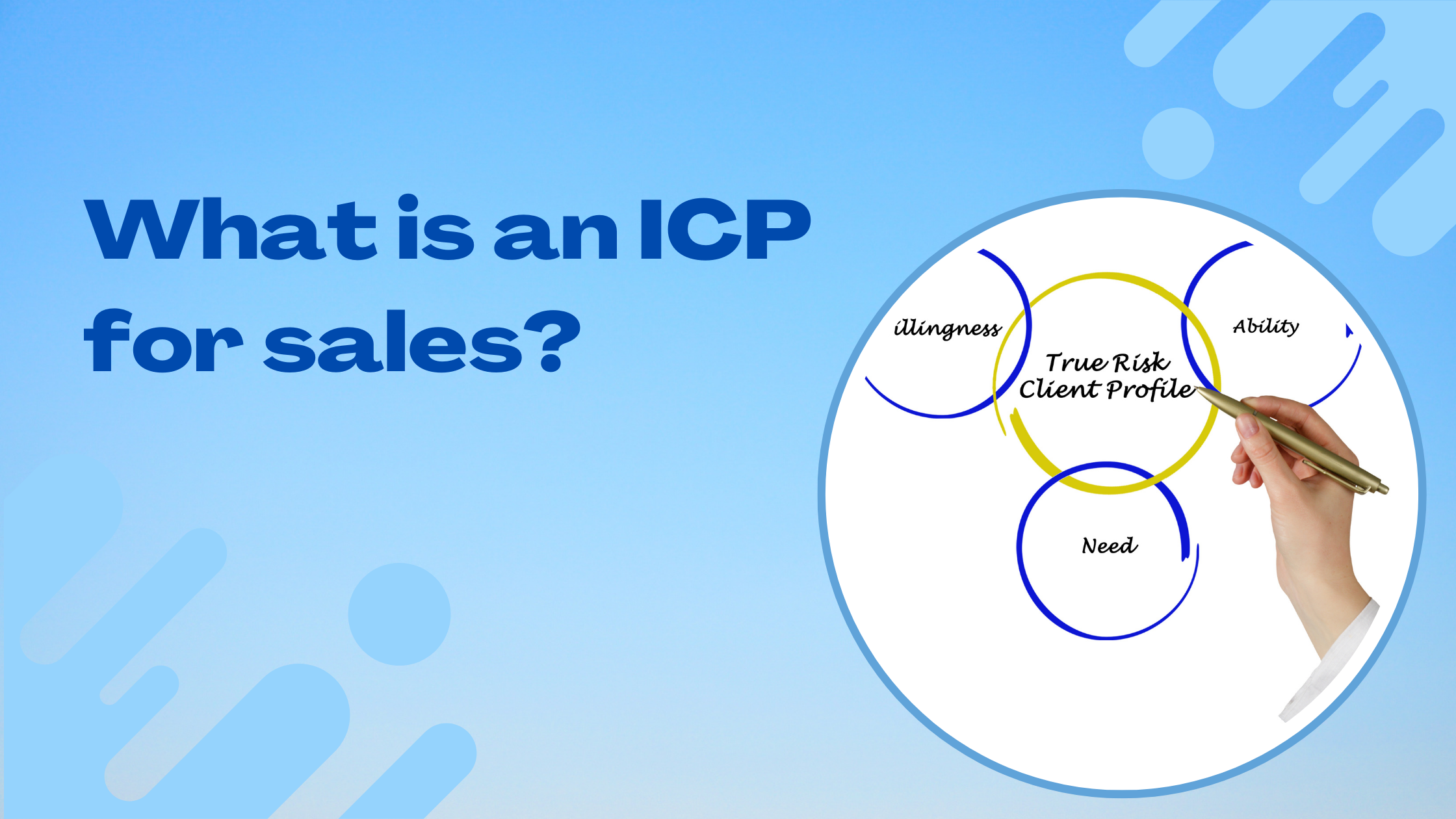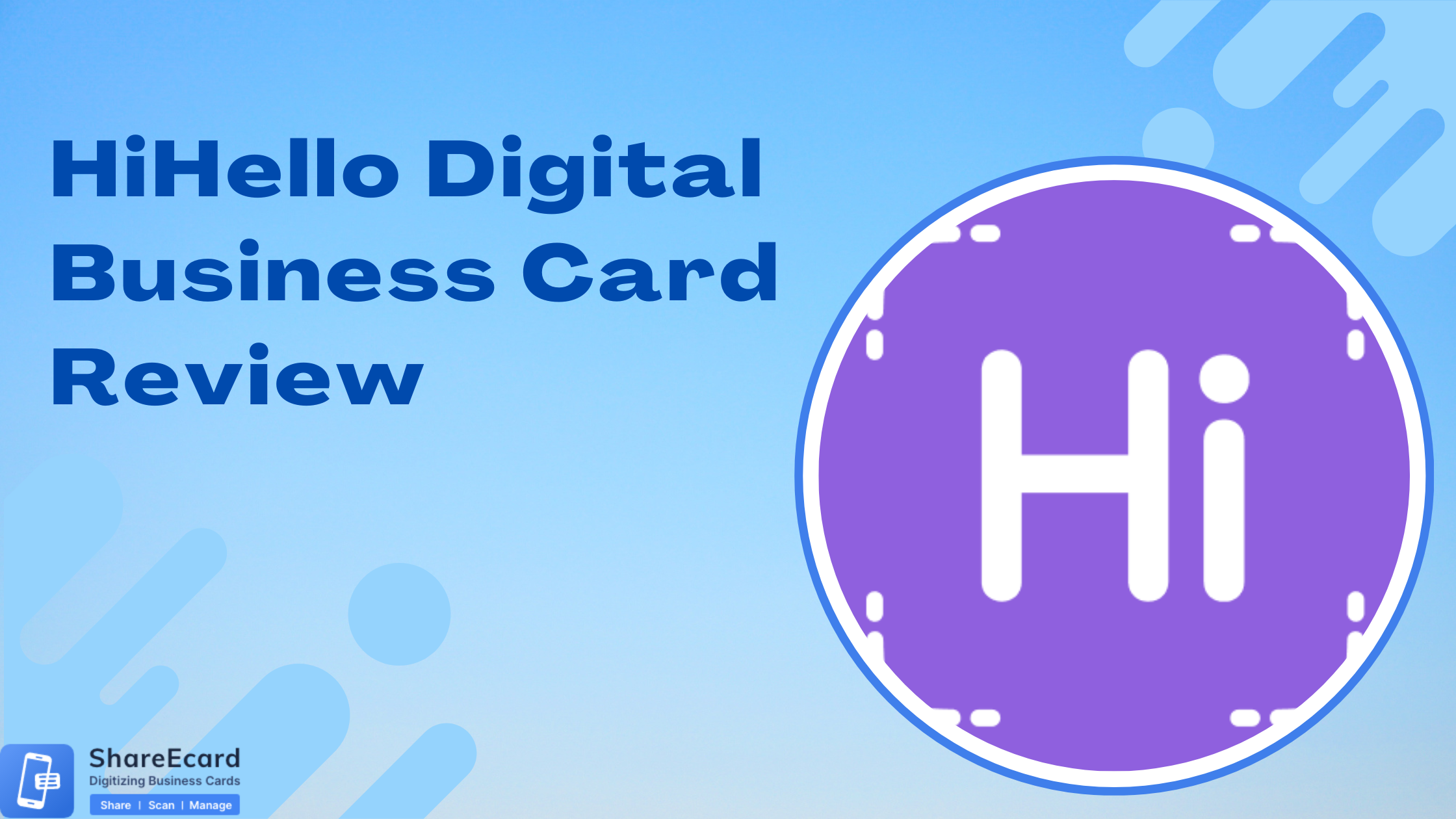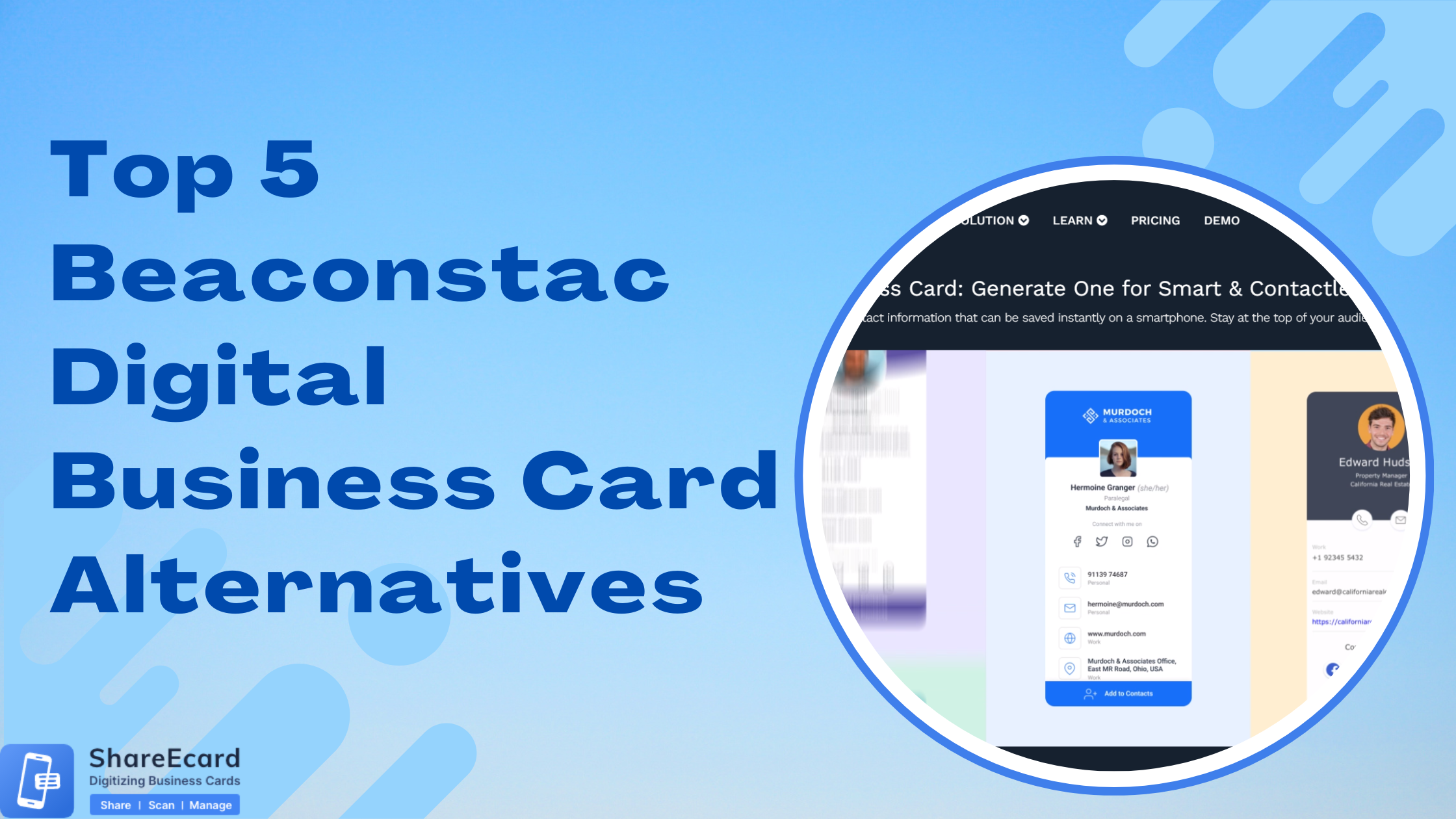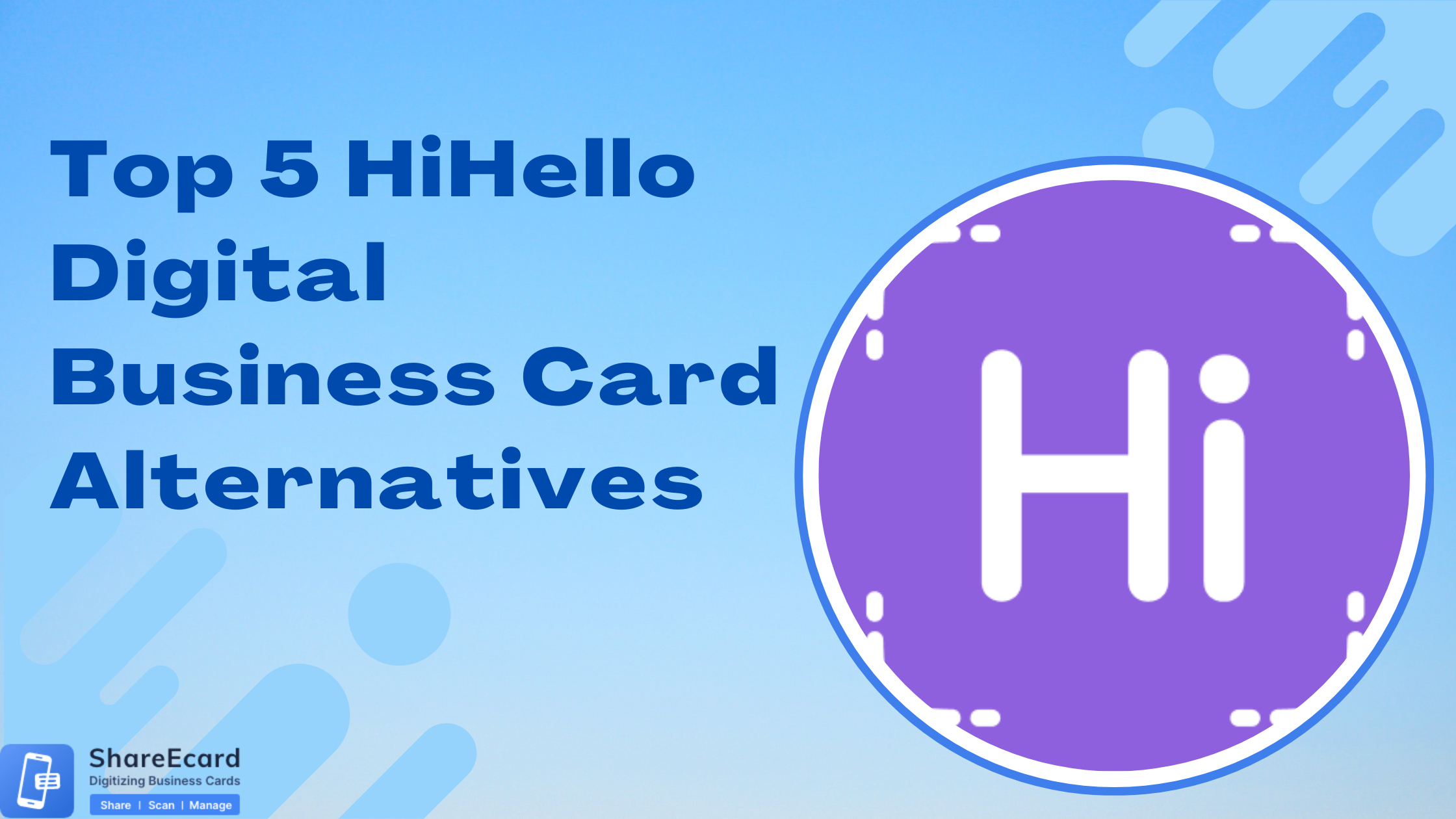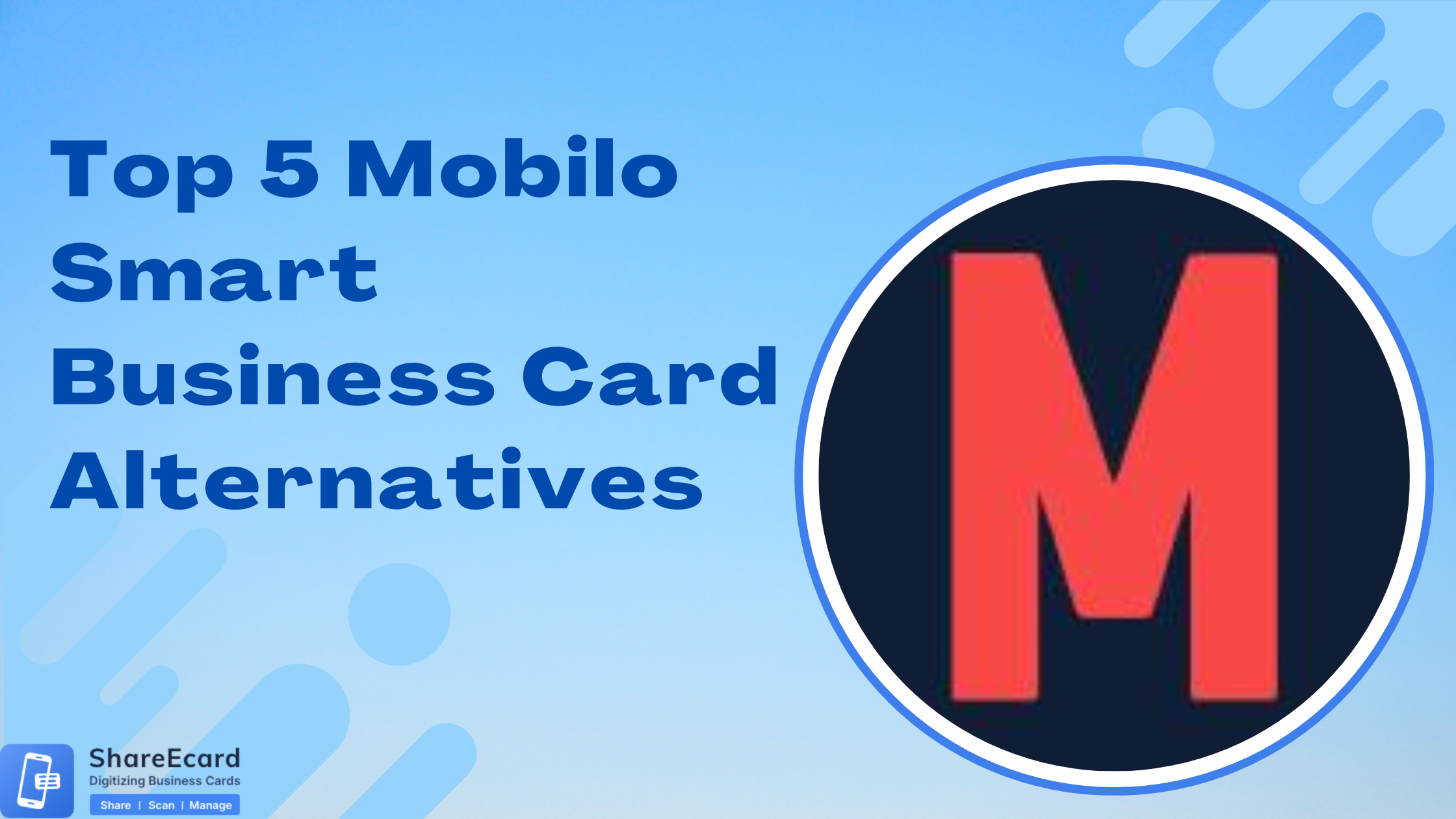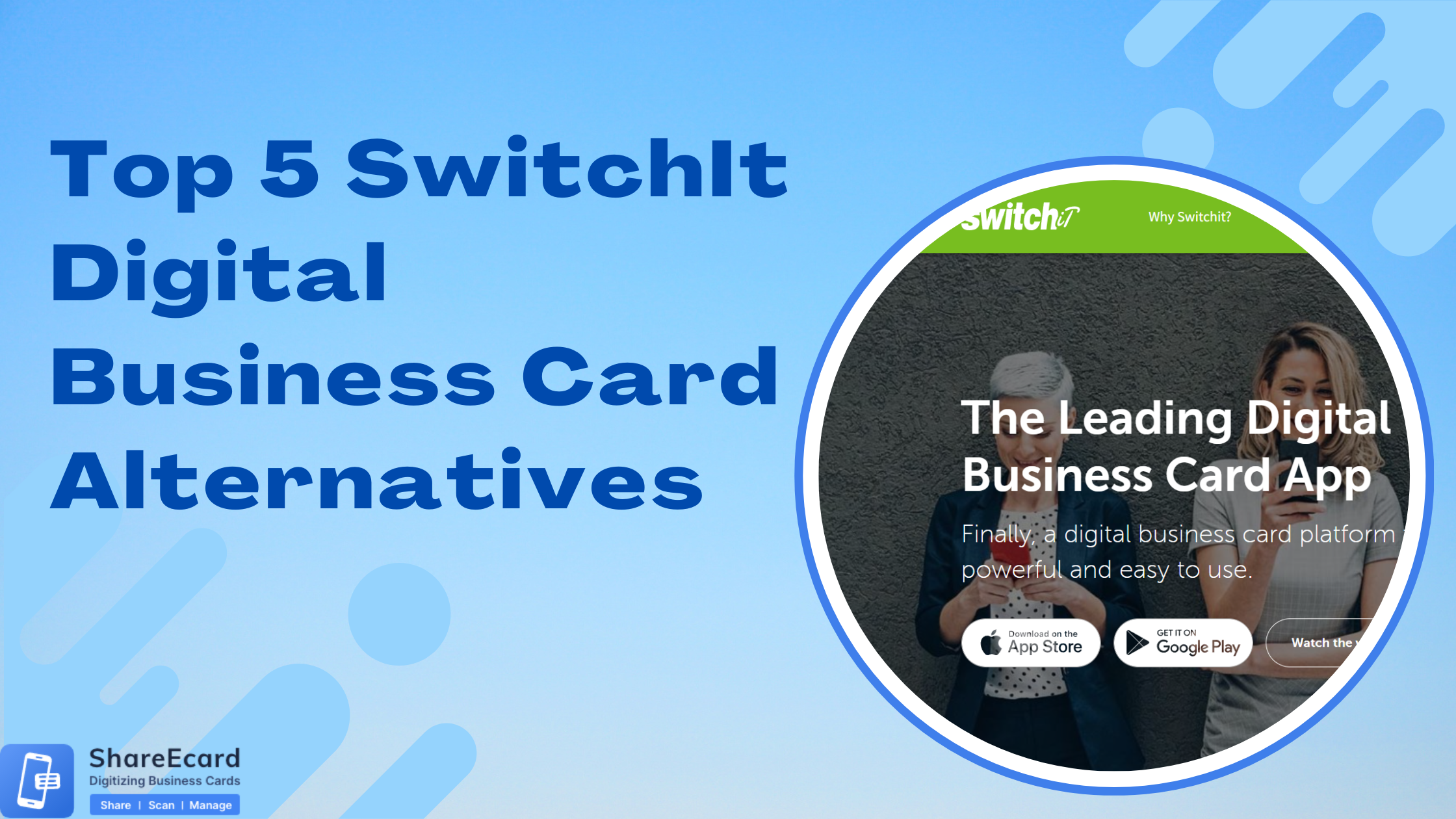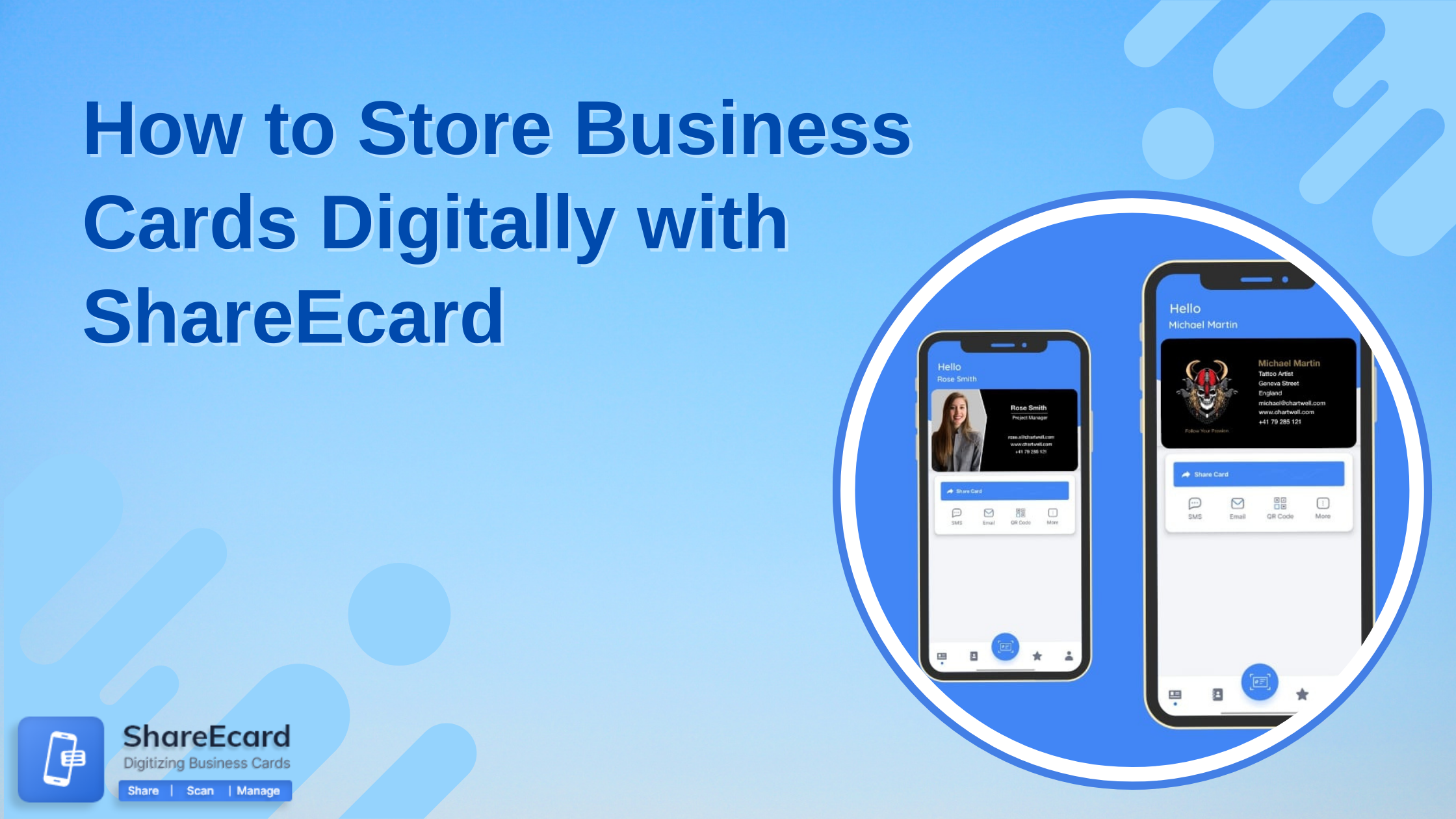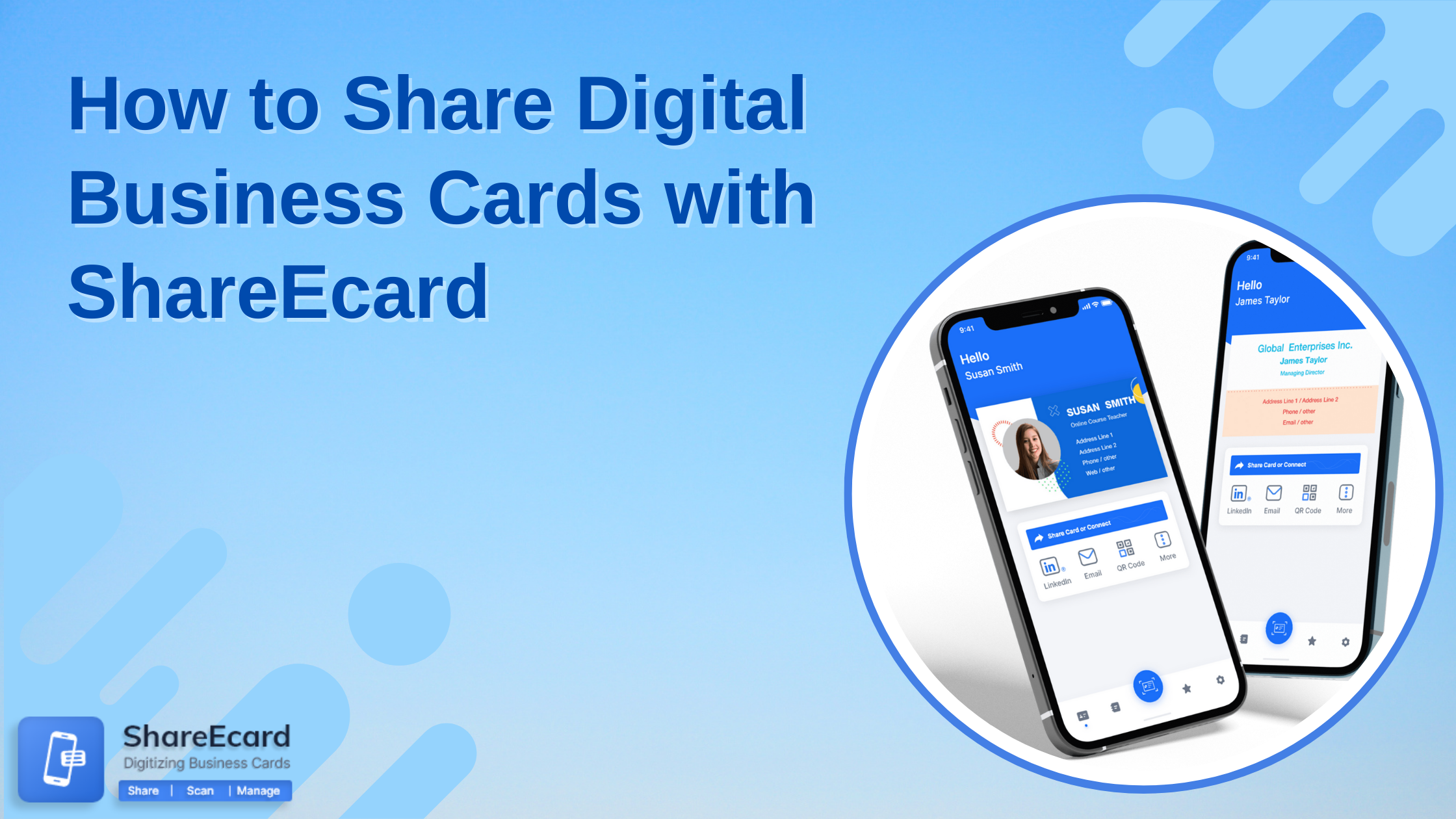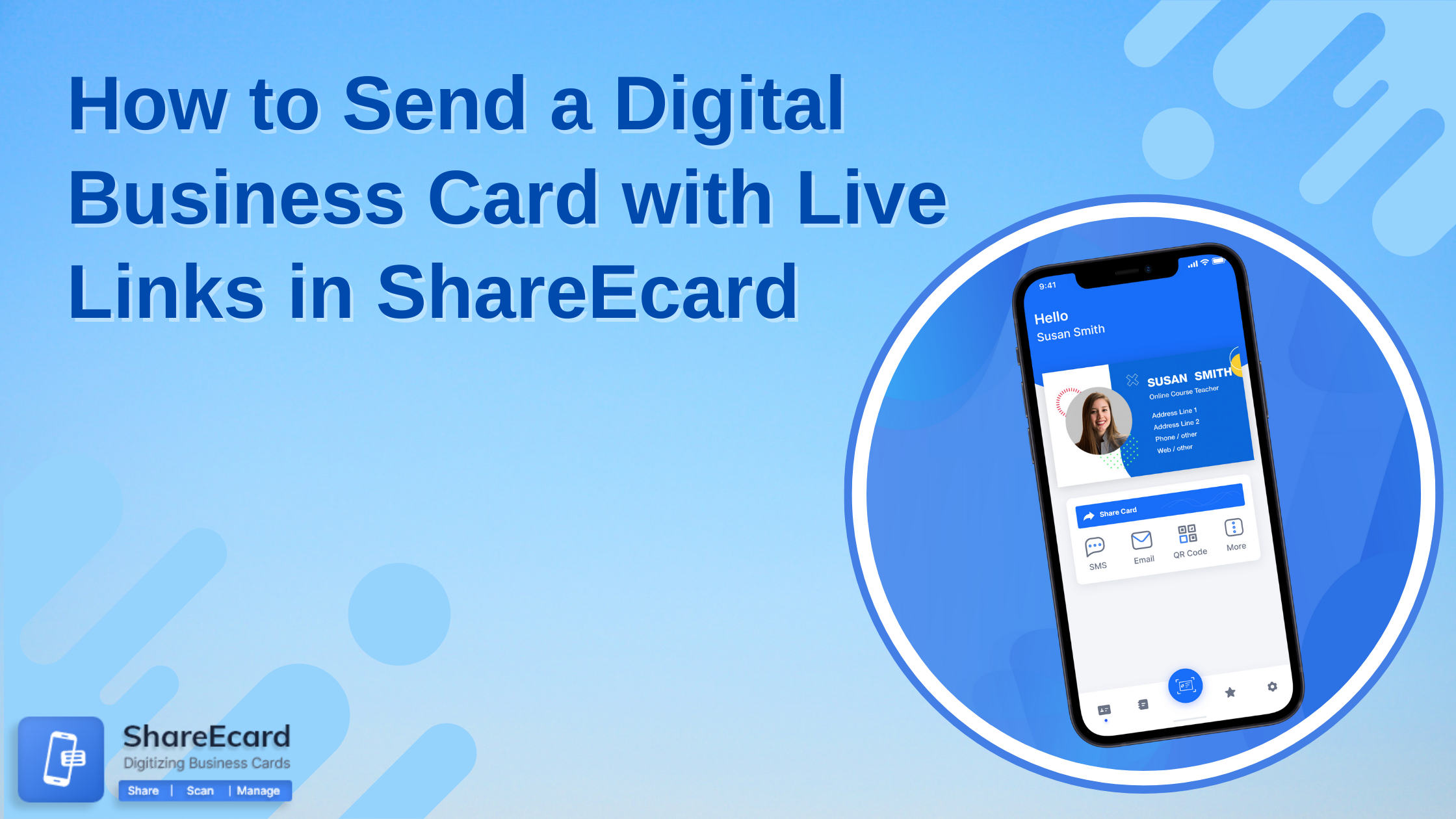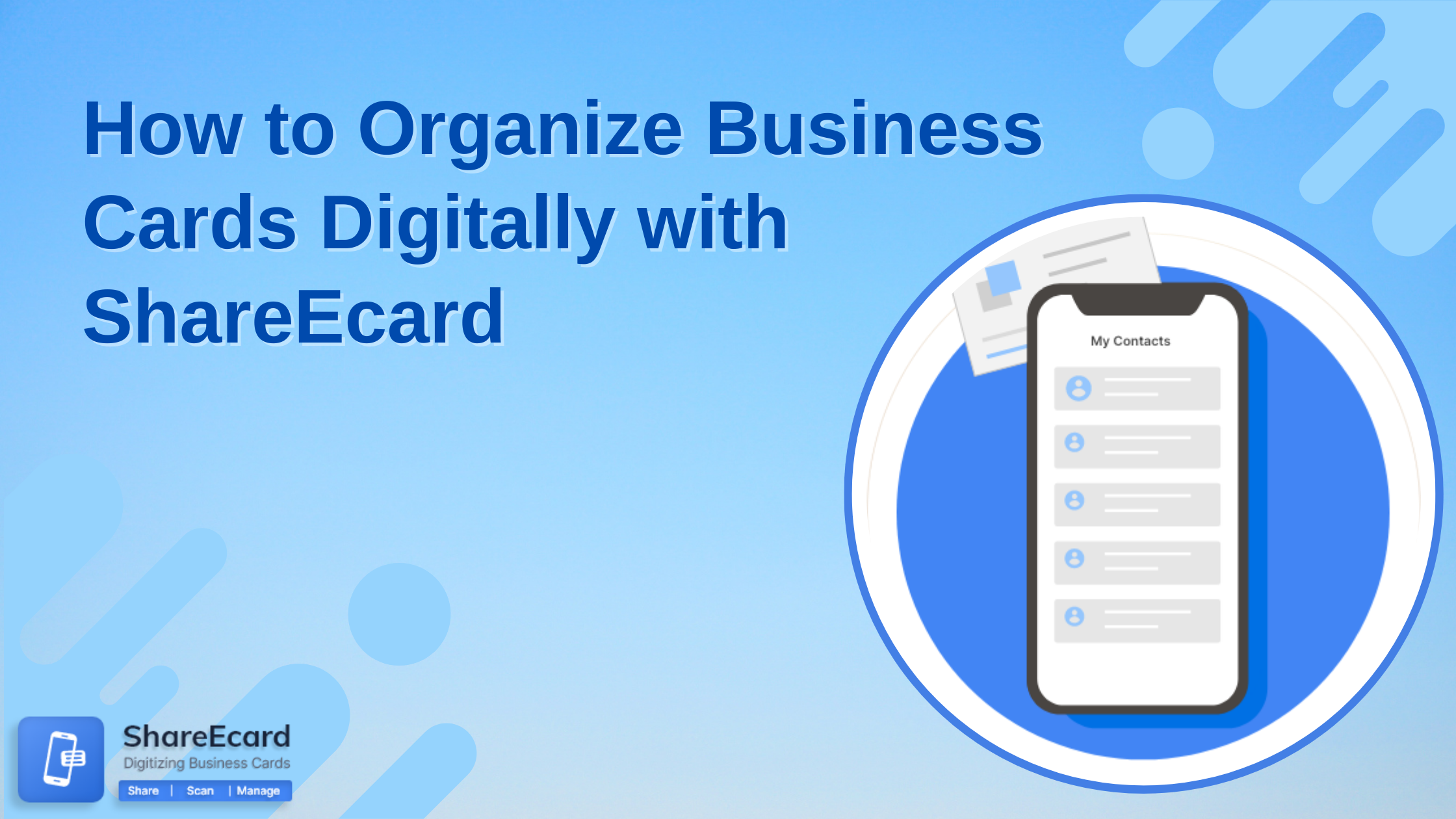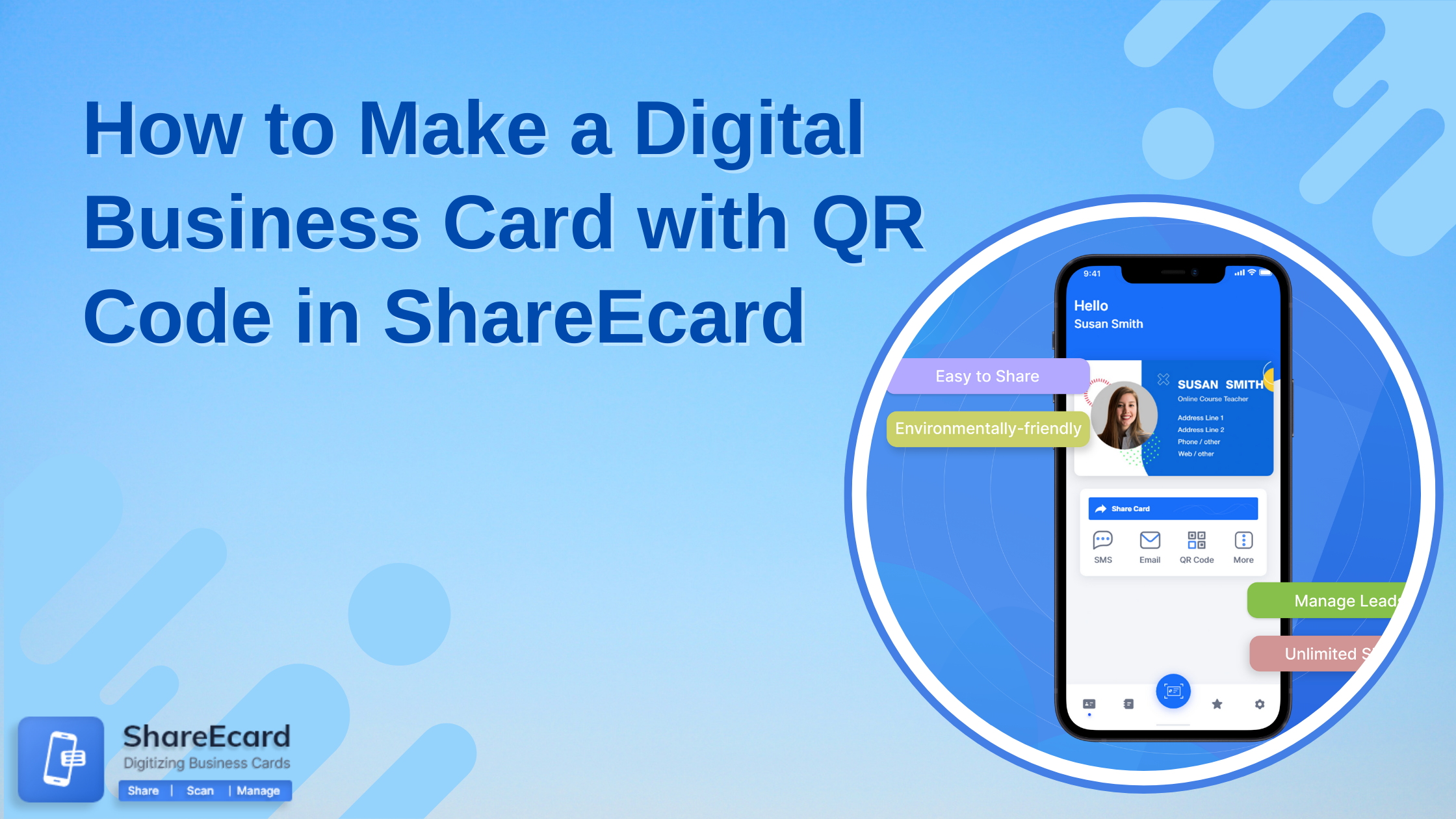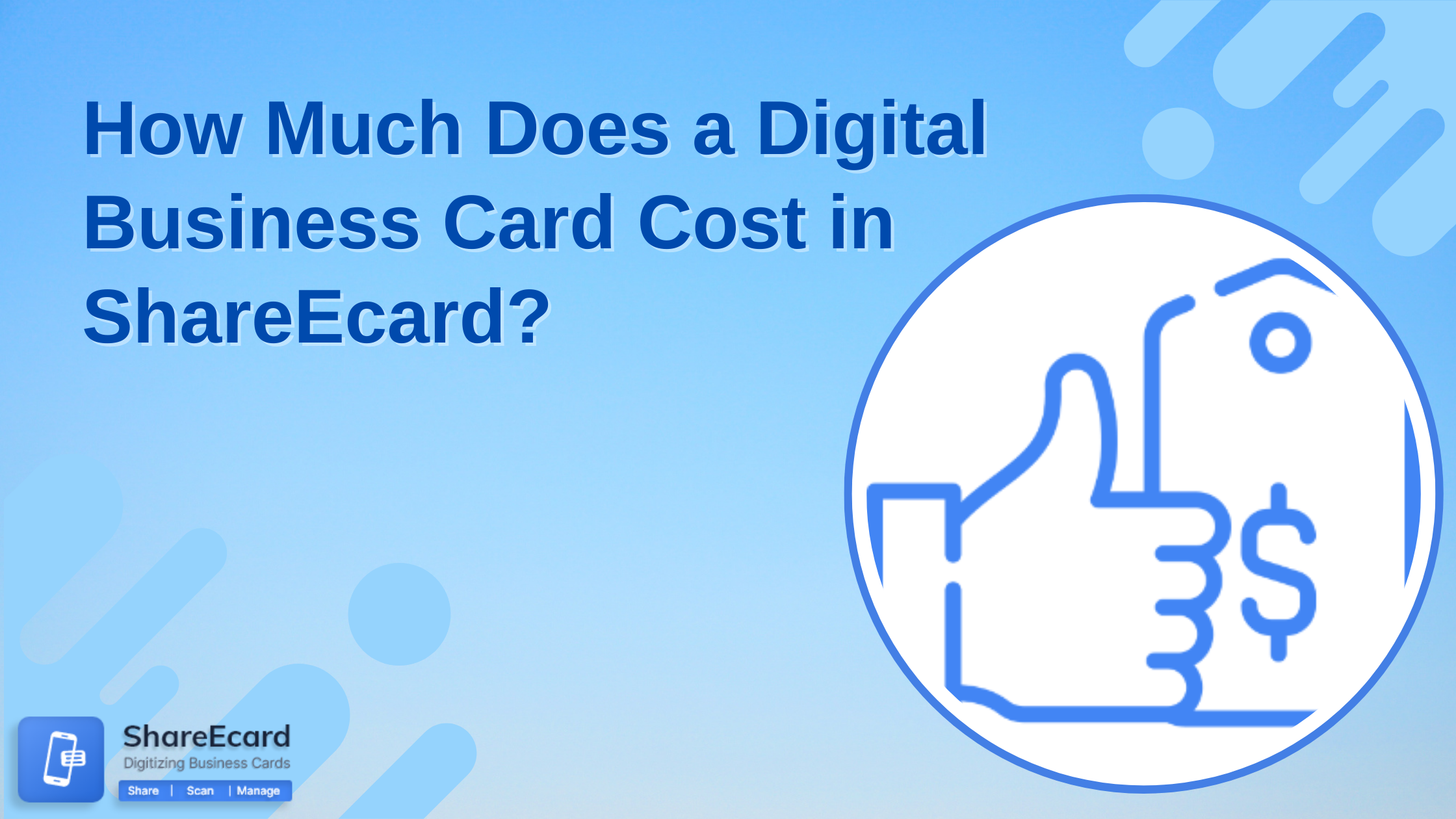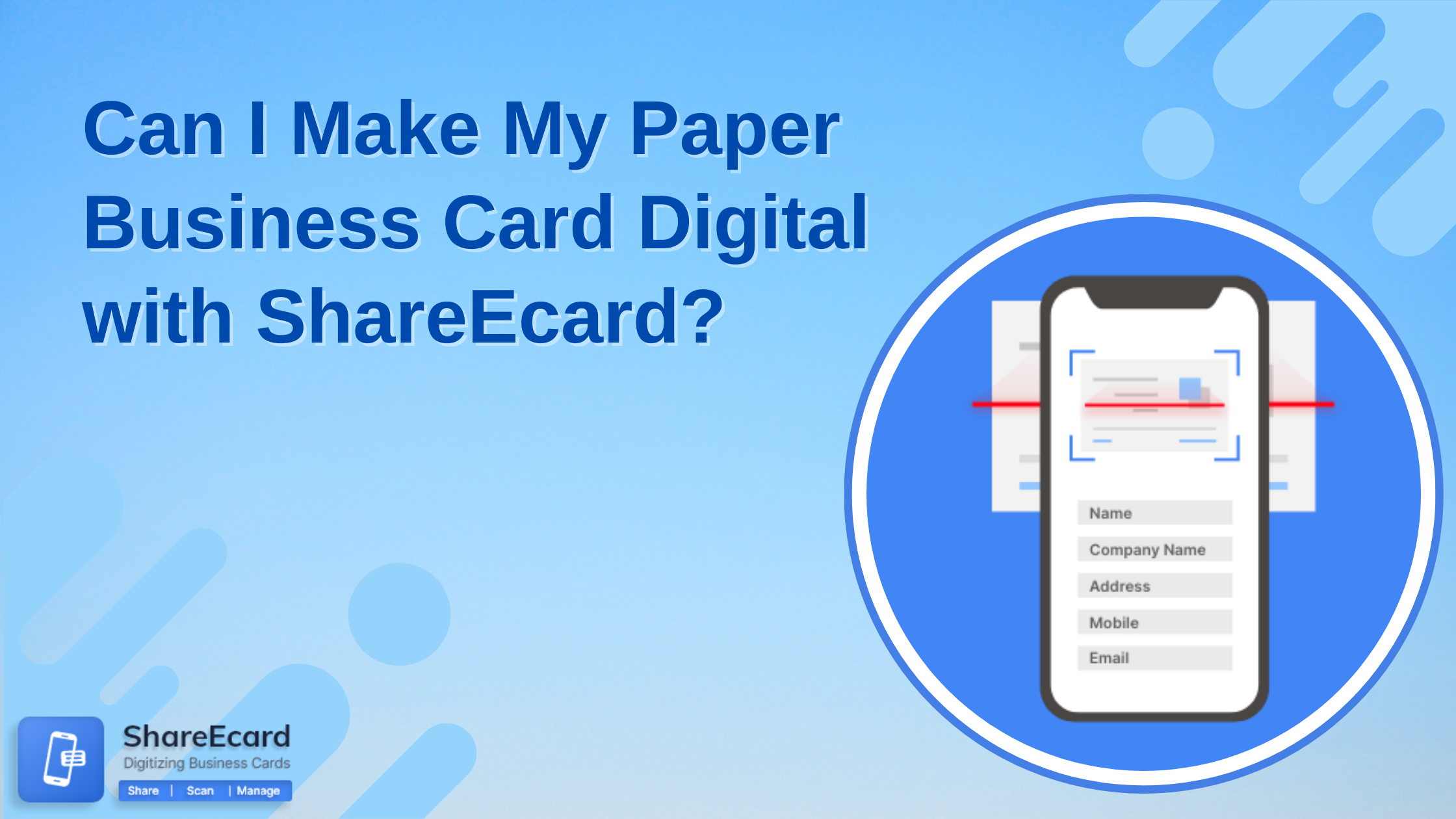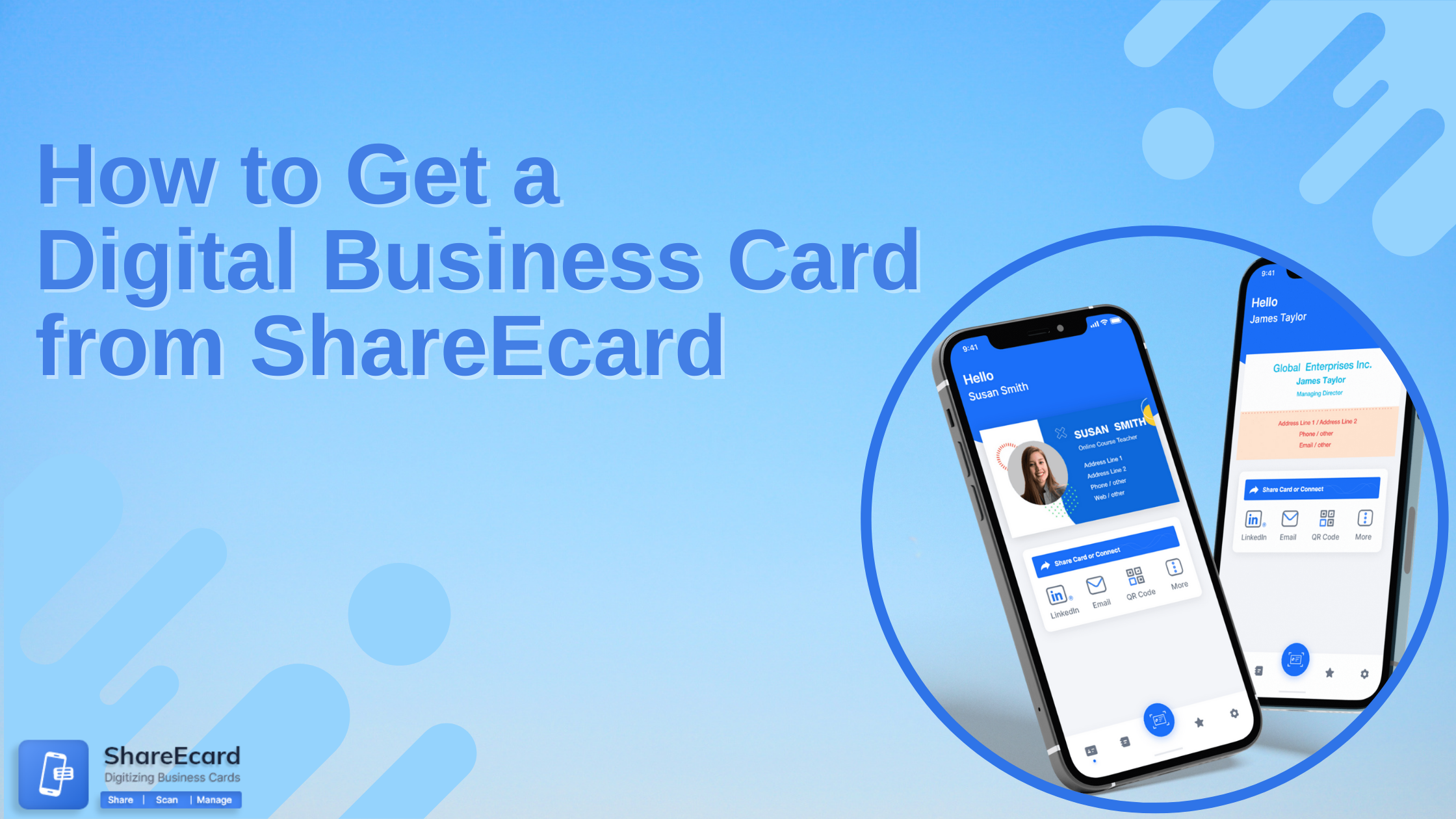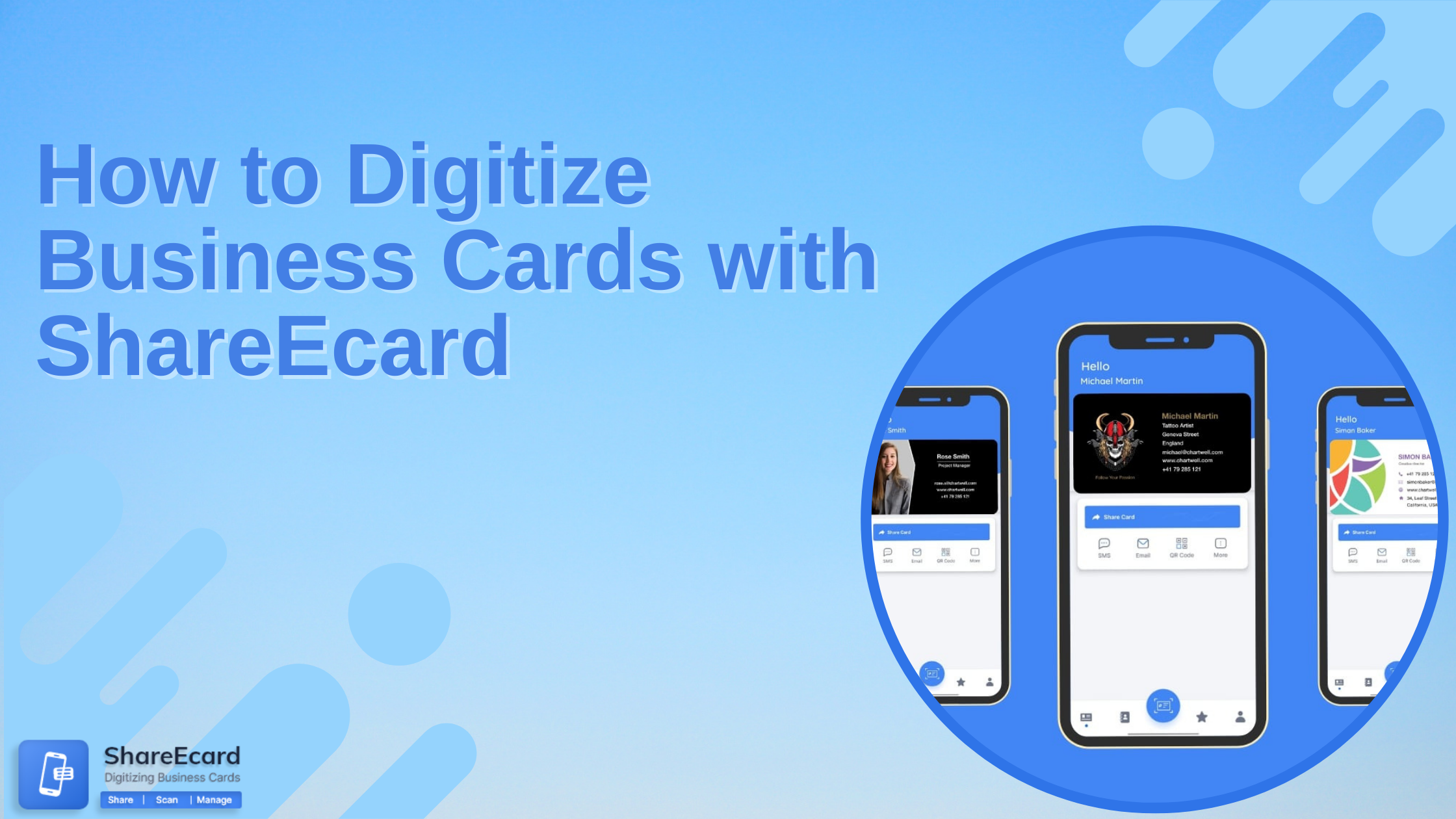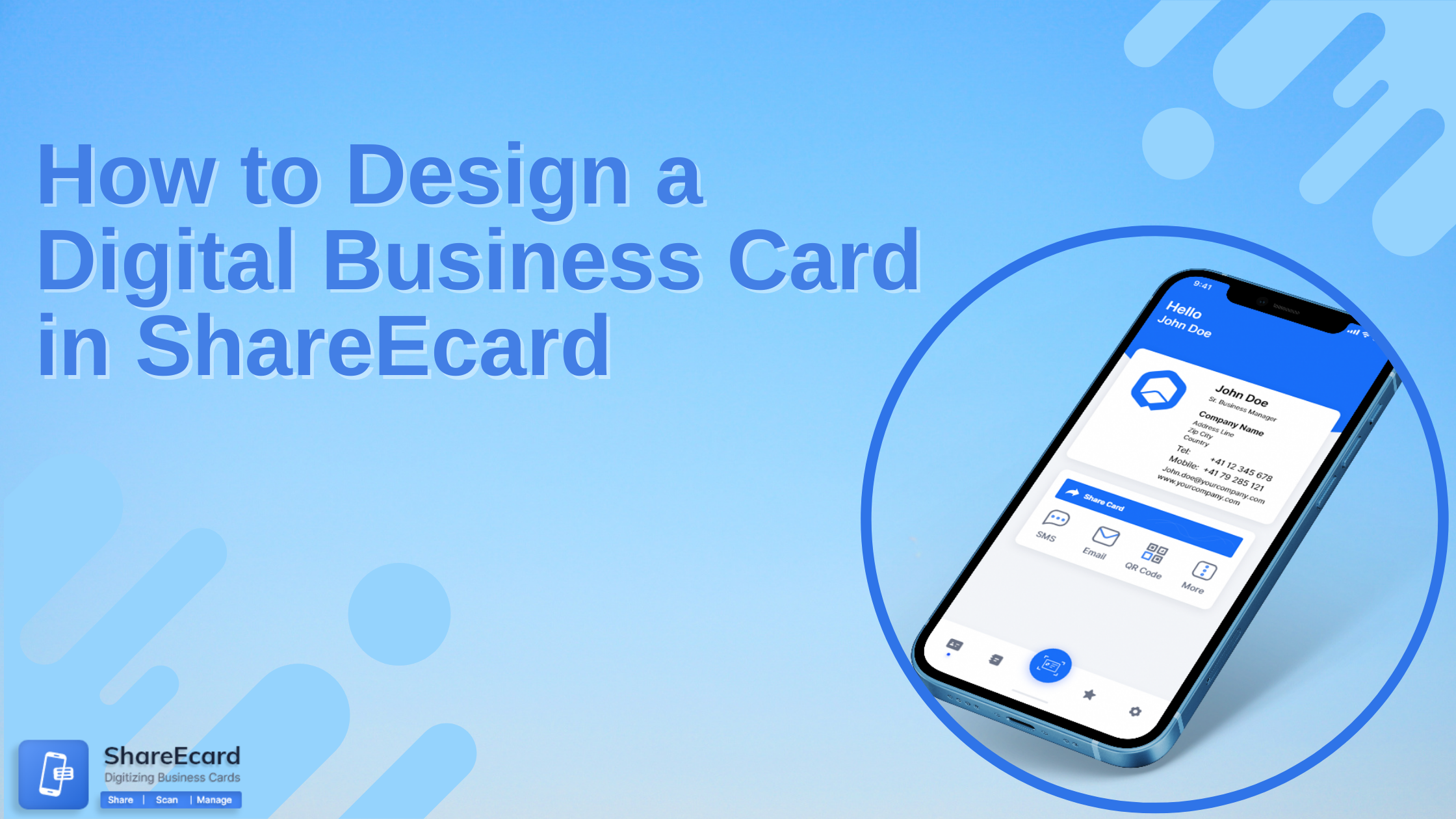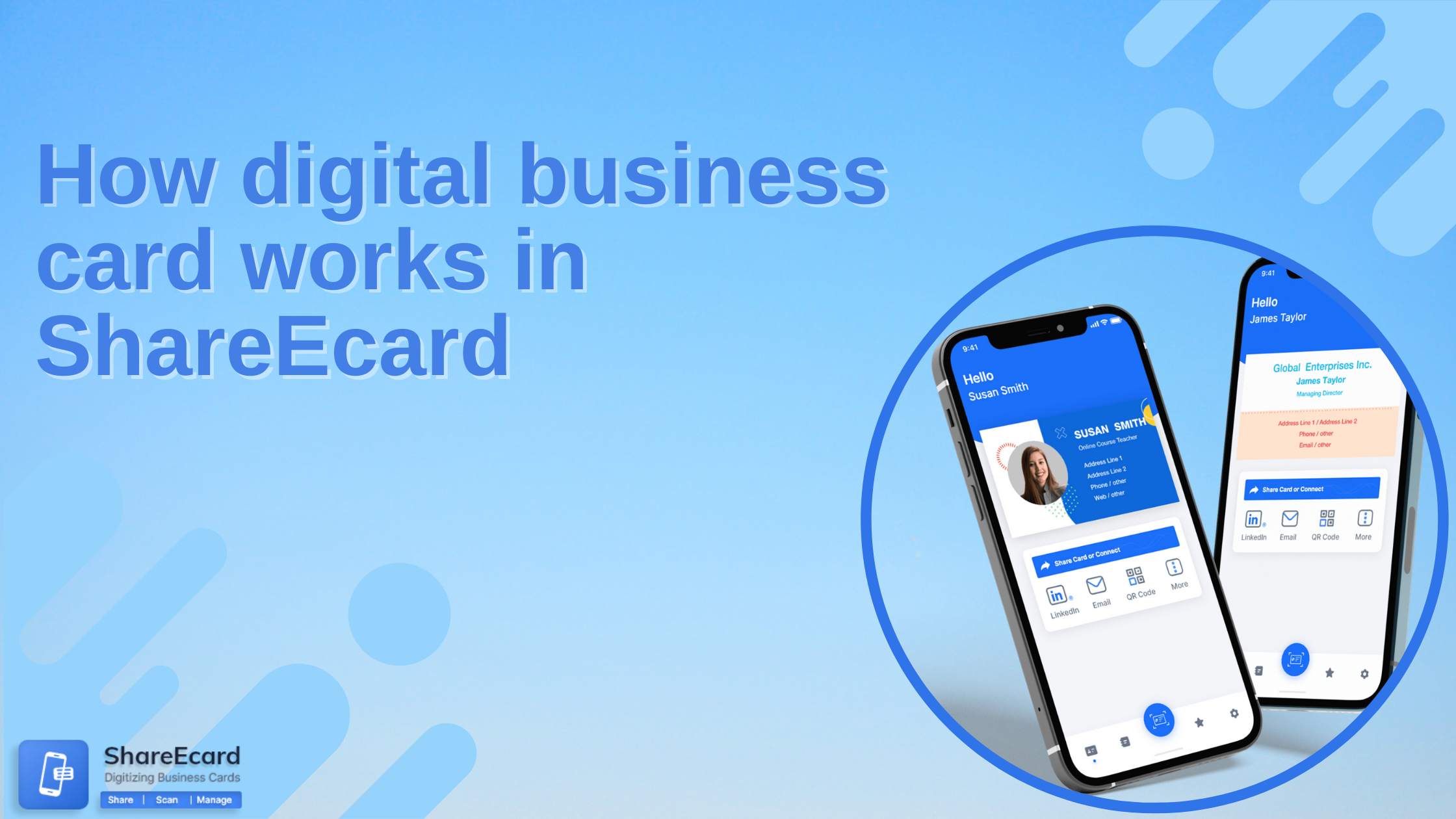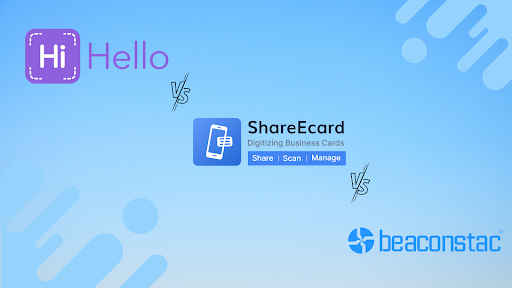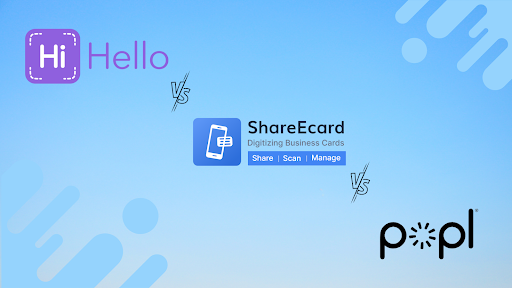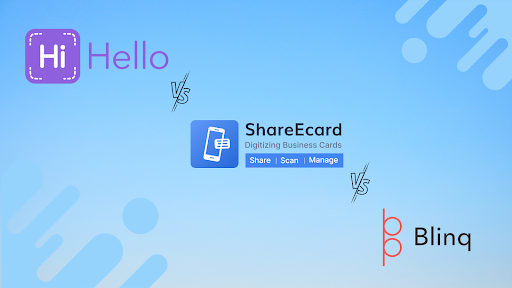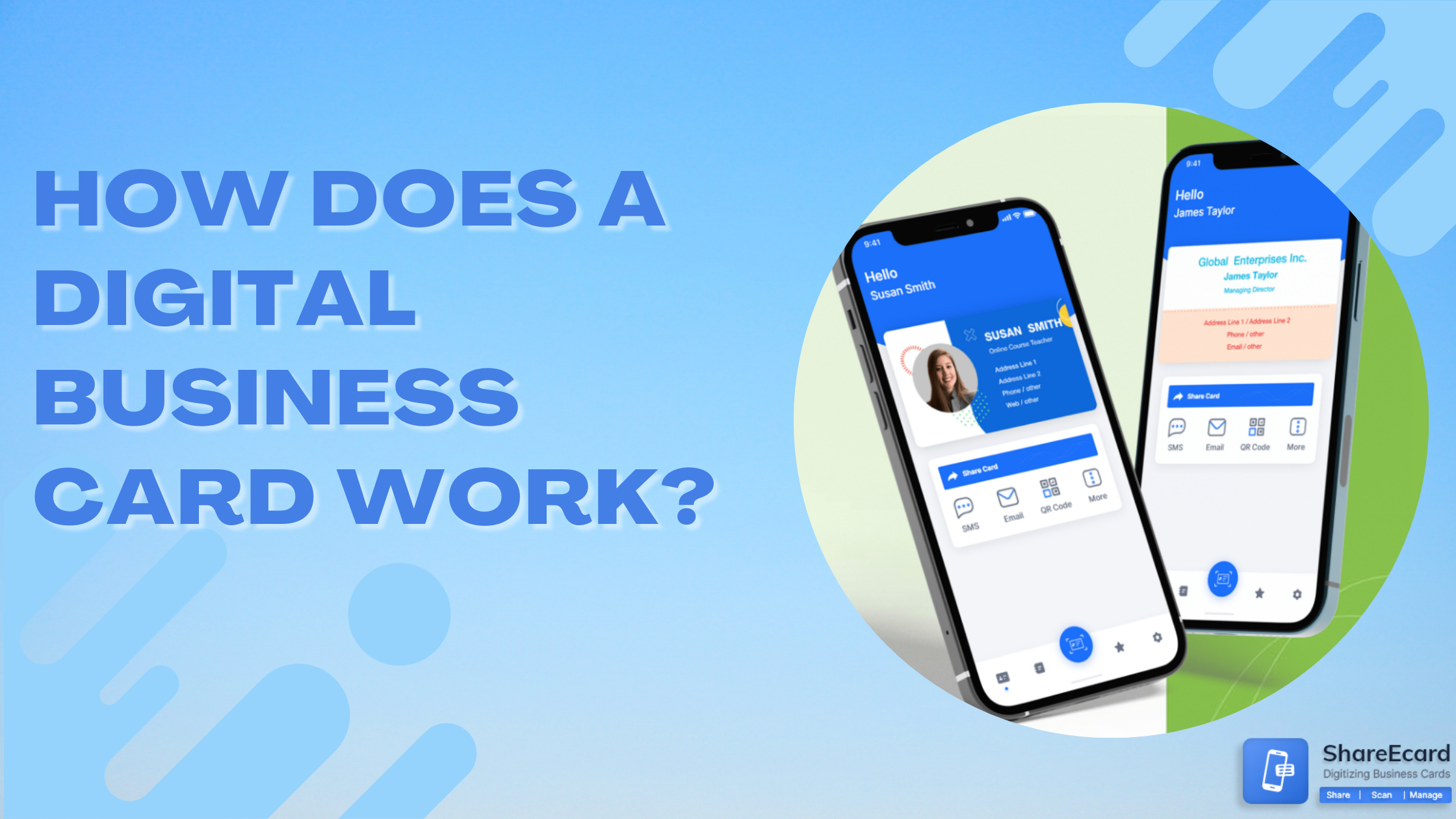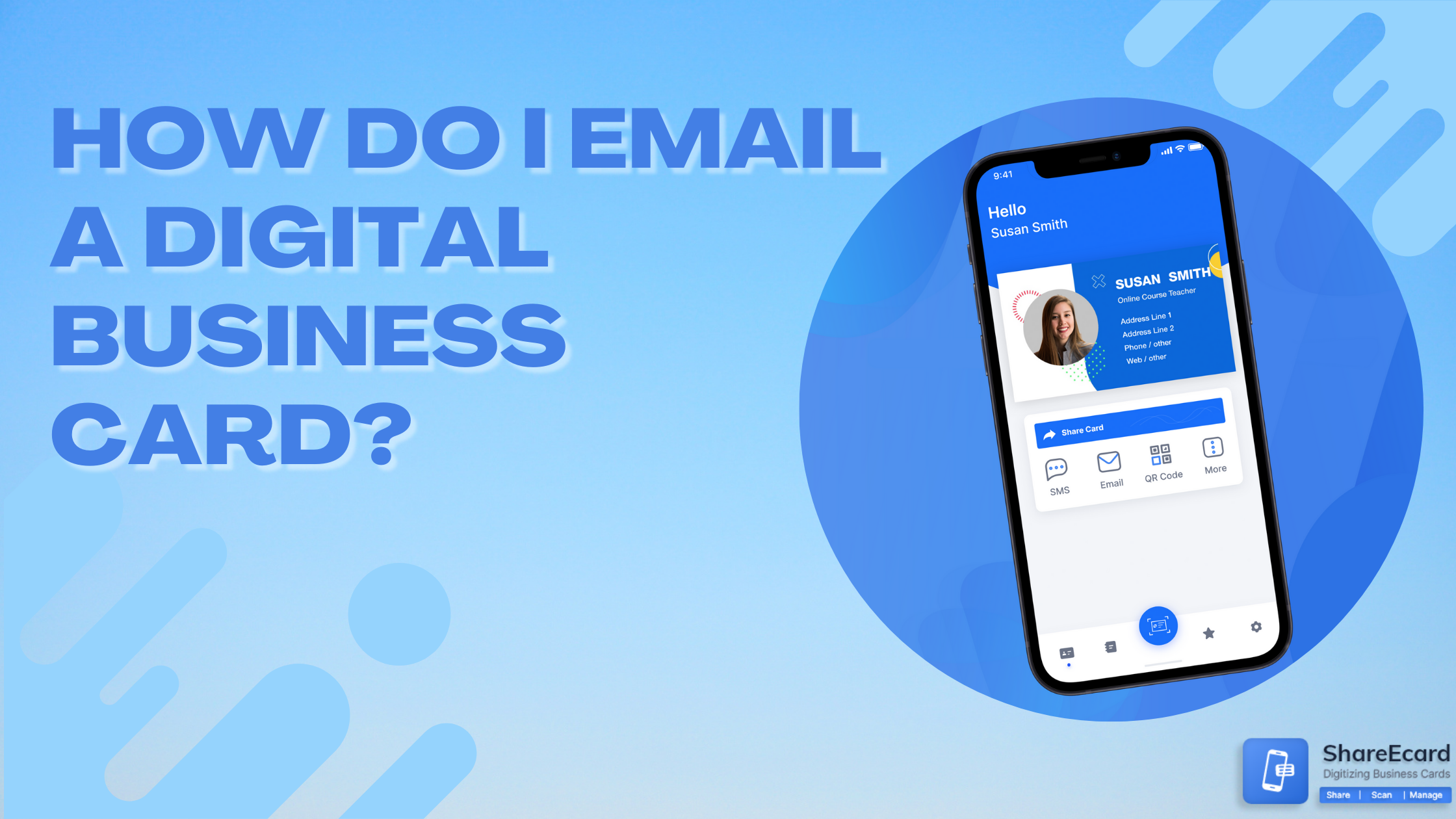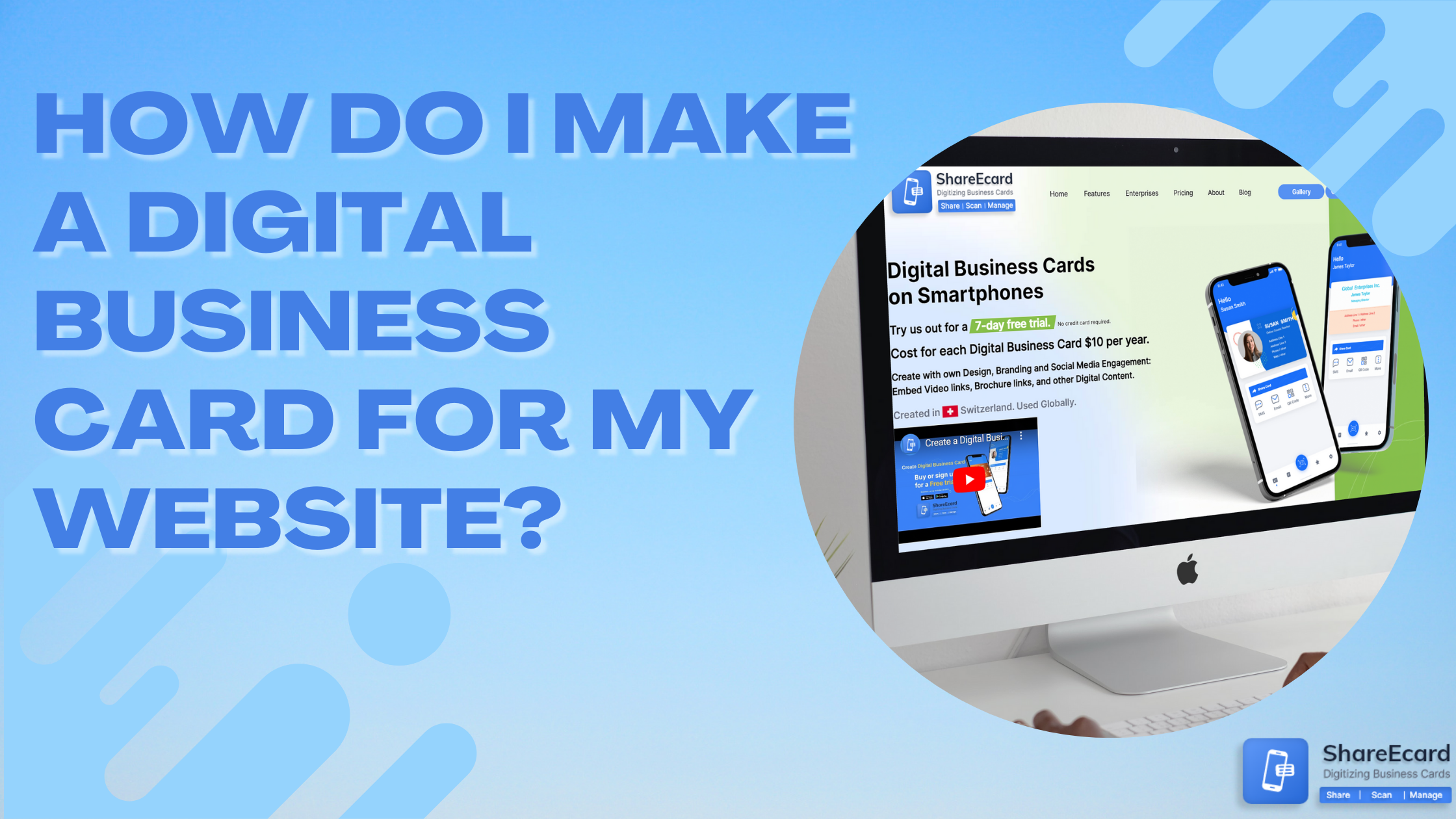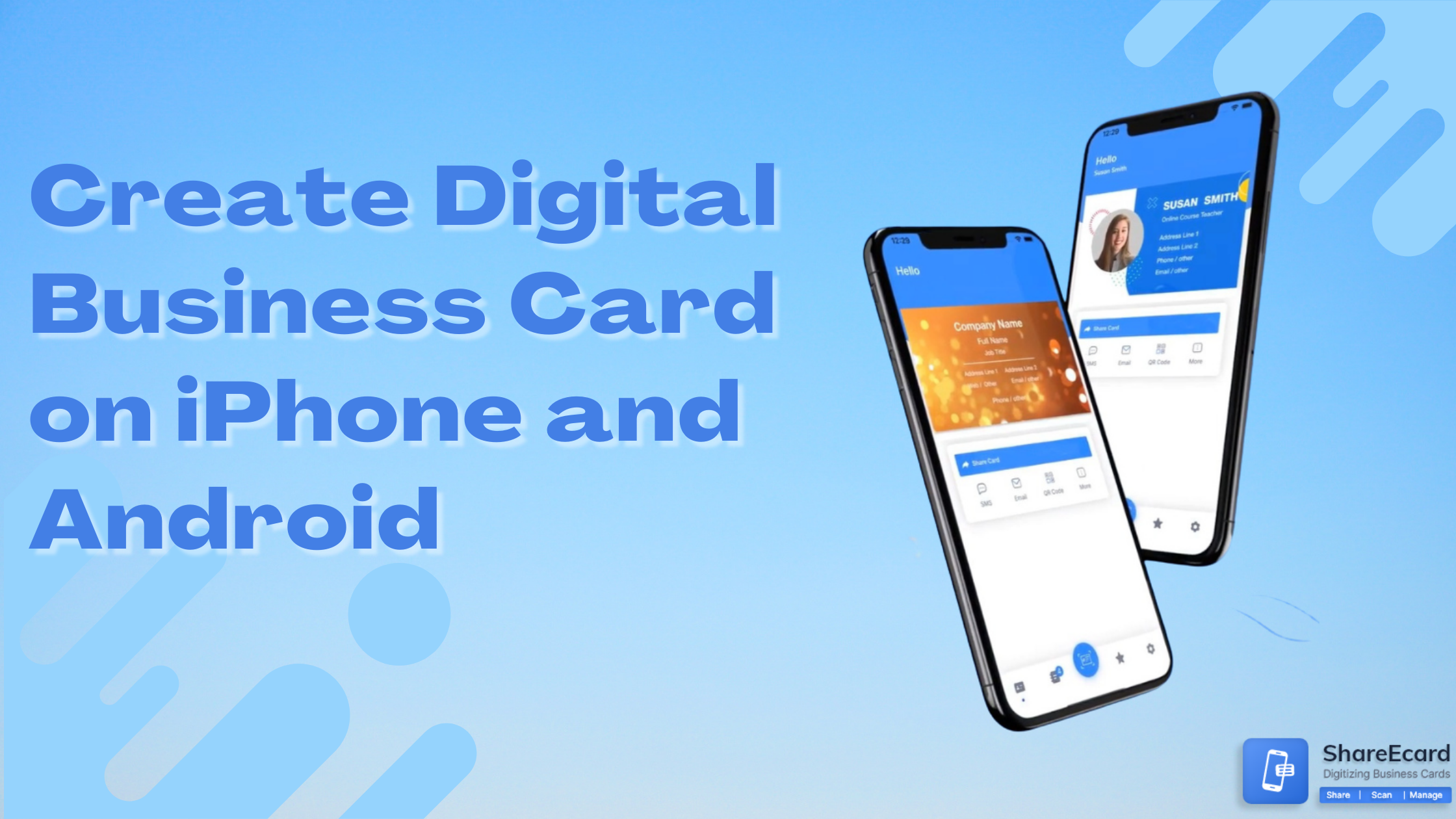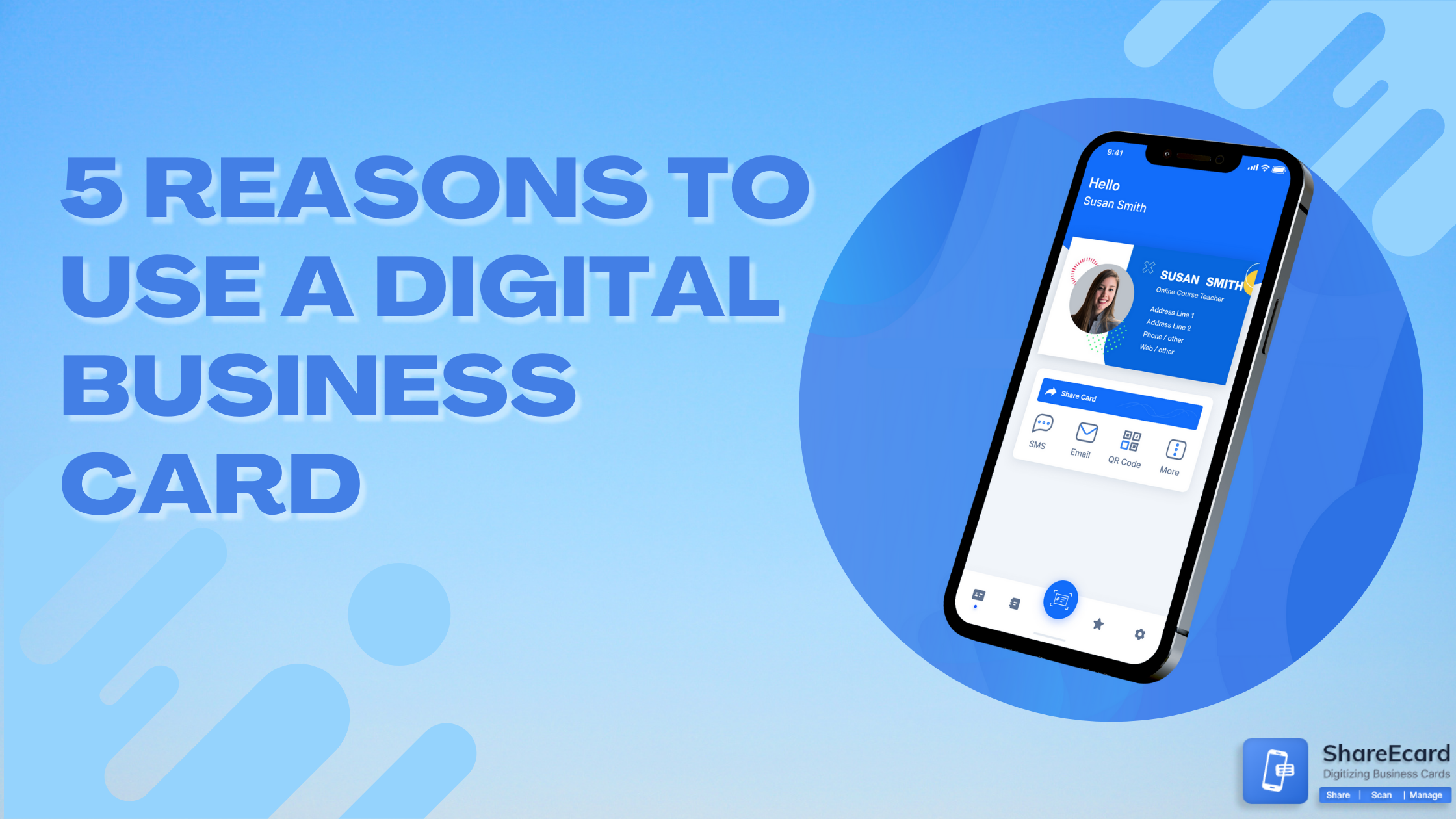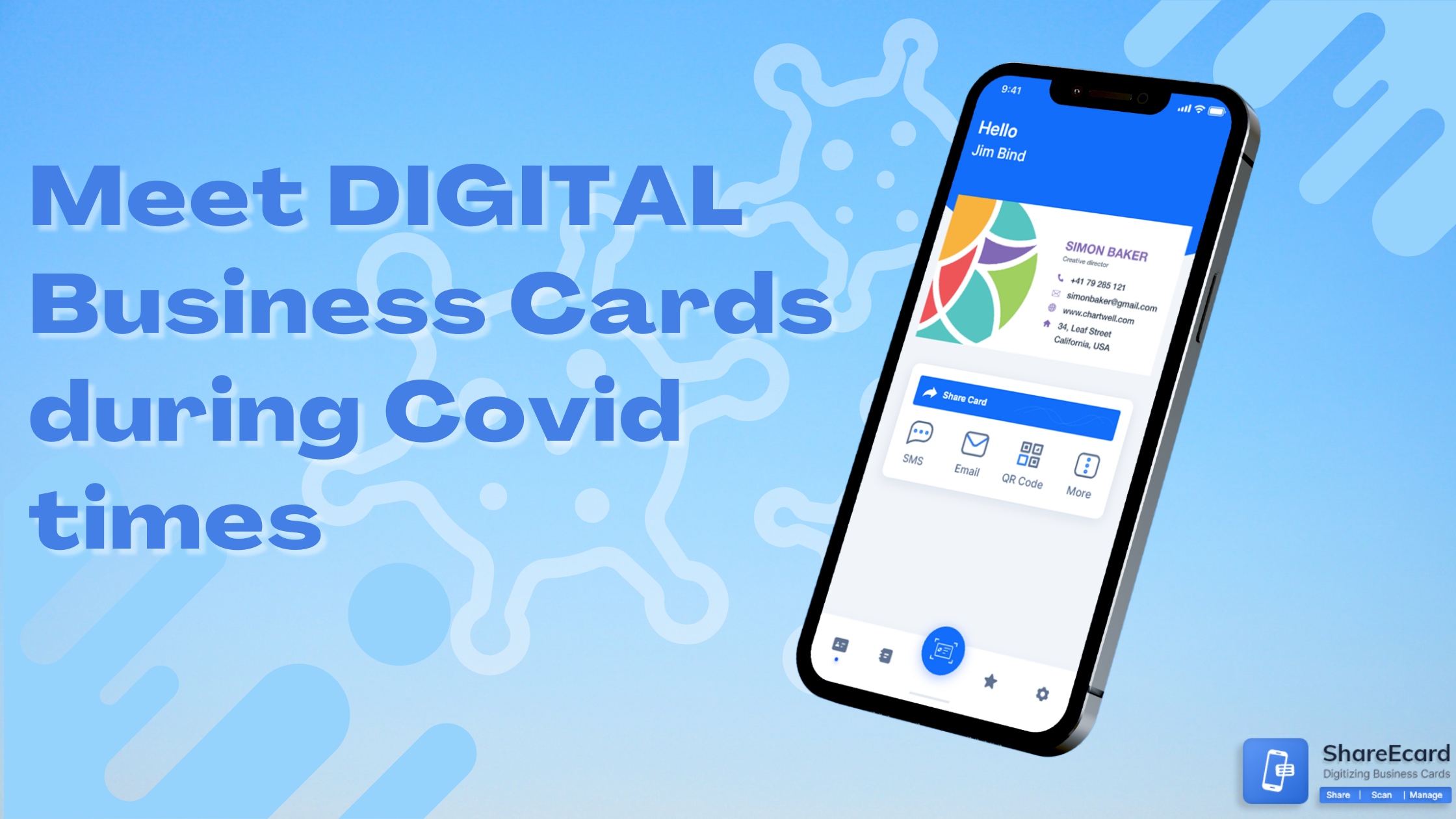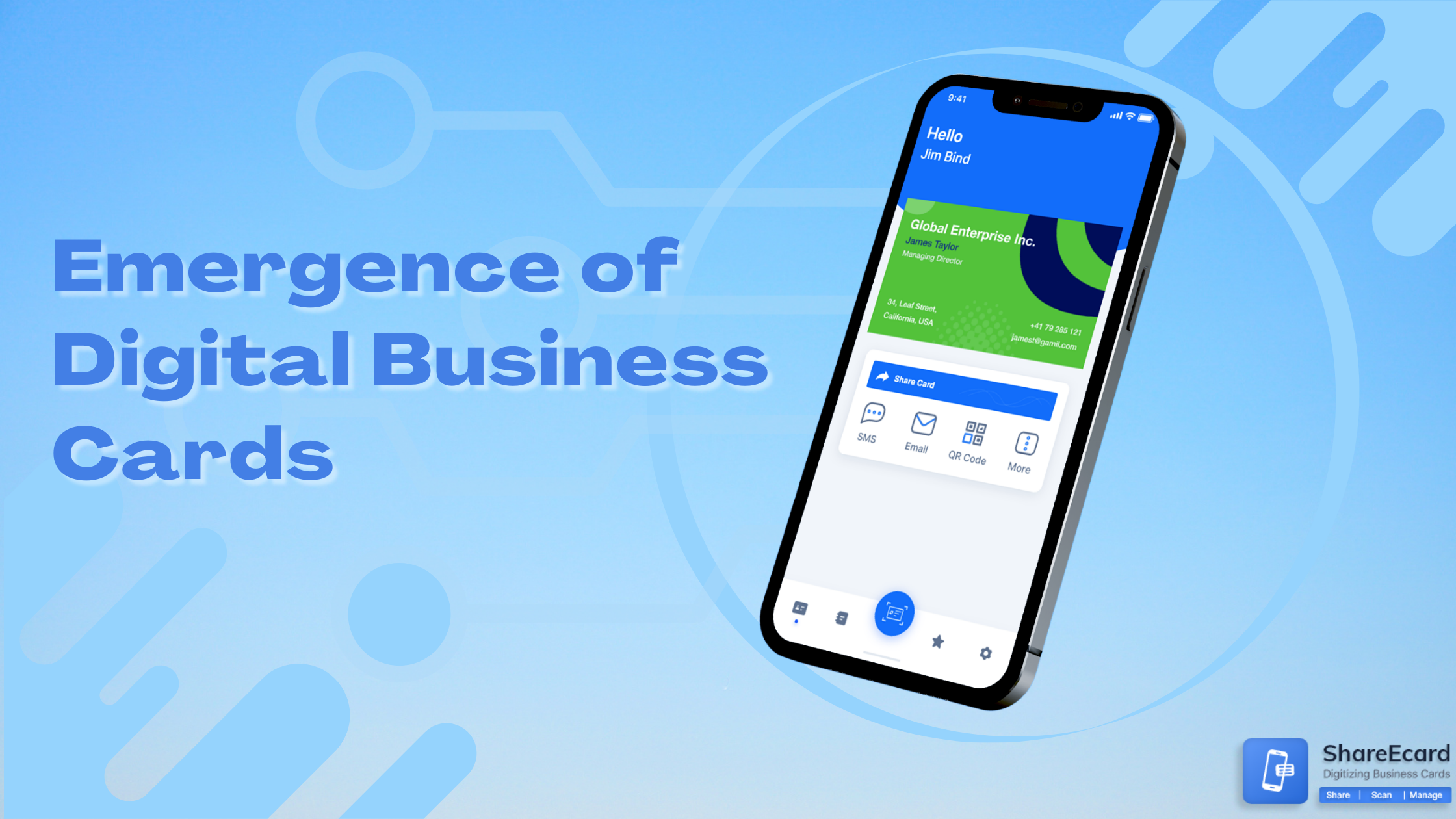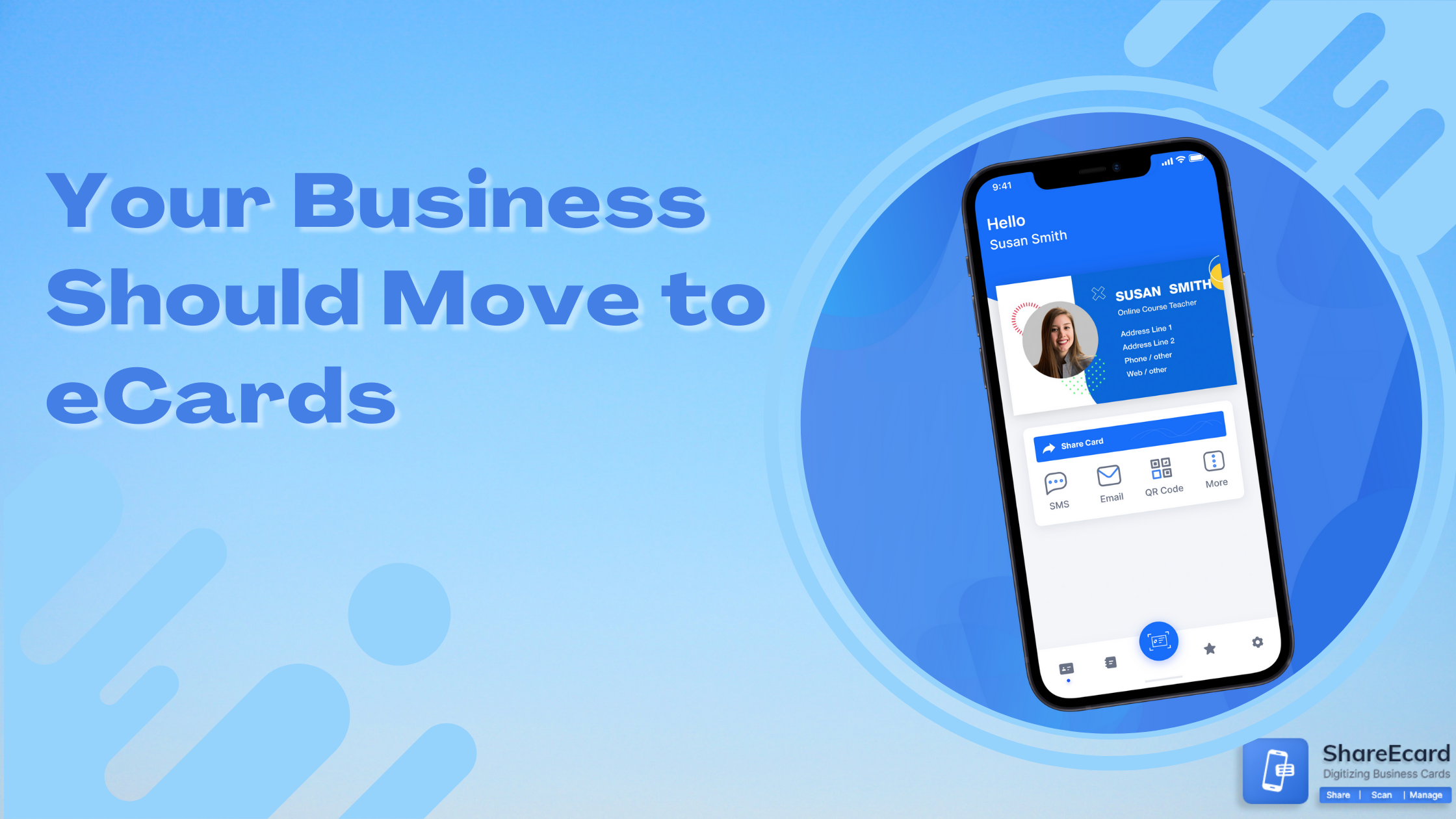The Ultimate Guide to Sales Incentive Programs

-
When it comes to motivating sales teams and increasing overall sales performance, sales incentive programs can be effective. These programs provide rewards and recognition to salespeople for meeting or exceeding predetermined goals. But how do you create a successful sales incentive program that drives results?
In this ultimate guide, we'll cover everything you need to know about sales incentive programs, including:
- The benefits of sales incentive programs
- Key considerations when designing a sales incentive plan
- Successful sales incentive program ideas
- The structure of sales incentive programs
- Incentive plans for sales teams
- Types of sales incentives
By the end of this guide, you'll have a comprehensive understanding of how to create and implement a successful sales incentive program for your team.
-
Benefits of Sales Incentive Programs
Sales incentive programs have several benefits, both for the sales team and for the organization as a whole. Here are a few of the key benefits of implementing a sales incentive program:
- Increased motivation: Sales incentive programs provide a clear, tangible reward for meeting specific goals. It can be a powerful motivator for salespeople, who are often driven by competition and the desire to succeed.
- Improved performance: By setting specific, measurable goals and offering rewards for meeting those goals, sales incentive programs can help improve overall sales performance.
- Increased retention: Sales incentive programs can help improve retention rates by providing ongoing recognition and rewards for top performers. It can be precious in a competitive job market.
- Enhanced customer satisfaction: Sales incentive programs can also help improve the customer experience, as salespeople are more motivated to provide excellent service to earn rewards.
-
Key Considerations for Designing a Sales Incentive Plan
When designing a sales incentive plan, there are several key considerations to keep in mind to ensure its success:
- Set clear, measurable goals: The goals of the sales incentive program should be clearly defined and quantifiable. It could include specific sales targets, customer satisfaction scores, or other metrics.
- Choose appropriate rewards: The rewards offered through the sales incentive program should be meaningful and desirable to the sales team. It could include cash bonuses, trips, or other non-cash incentives.
- Communicate effectively: It's essential to communicate the details of the sales incentive program to the sales team, including the goals, rewards, and any necessary rules or restrictions.
- Monitor and adjust as needed: Sales incentive programs should be regularly monitored and evaluated to ensure they meet their intended goals and drive results. If necessary, it should make adjustments to improve the program's effectiveness.
-
Successful Sales Incentive Program Ideas
There are countless ways to design a sales incentive program, and the best approach will depend on your organization's specific needs and goals. Here are a few ideas for successful sales incentive programs:
- Sales contests: A sales contest is a short-term program that rewards top performers with prizes or cash bonuses. Contests can be designed around specific goals, such as acquiring the highest sales volume or the newest customers.
- Points programs: A points program allows salespeople to earn points for meeting specific goals, which you can then redeem for rewards. It can be a flexible option that will enable salespeople to choose prizes.
- Commission-based incentives: Commission-based incentives reward salespeople based on a percentage of their sales. It can be an effective way to align salespeople's interests with those of the organization.
- Team-based incentives reward sales teams for meeting group-wide rather than individual goals. It can foster a sense of teamwork and collaboration among the sales team.
- Non-cash incentives: In addition to or instead of cash bonuses, sales incentive programs can also include non-cash incentives such as trips, merchandise, or experiential rewards.
-
The Structure of Sales Incentive Programs
There are several different approaches to structuring a sales incentive program. Here are a few options to consider:
- Ongoing incentives: An ongoing incentive program provides endless rewards or recognition to salespeople for meeting specific goals. This program can be particularly effective for improving retention and driving long-term results.
- Short-term incentives: Short-term incentive programs, such as sales contests, are focused on driving results over a specific period, such as a quarter or a year.
- Individual incentives: Individual incentive programs reward salespeople based on their performance.
- Group incentives: Group incentive programs reward teams or departments for meeting group-wide goals.
-
Incentive Plans for Sales Teams
Designing an effective sales incentive program requires a deep understanding of your sales team and the specific goals and objectives you want to achieve. Here are a few tips for creating an incentive plan that works for your sales team:
- Involve the sales team in the design process: Involving them in the design process can help ensure that the program aligns with their needs and goals.
- Set clear, attainable goals: It's essential to set realistic goals that the sales team can achieve. It can help keep motivation high and prevent frustration.
- Choose appropriate rewards: As mentioned earlier, the rewards offered through the sales incentive program should be meaningful and desirable to the sales team. It could include cash bonuses, trips, or non-cash incentives.
- Communicate effectively: Communicate the details of the sales incentive program to the sales team, including the goals, rewards, and any necessary rules or restrictions.
-
Types of Sales Incentives
It can include many different types of incentives in a sales incentive program. Here are a few standard options:
- Cash bonuses: Cash bonuses are a straightforward and popular incentive, as they are tangible and can be used in various ways.
- Trips: Trips, whether local or international, can be a memorable and desirable incentive for top performers.
- Merchandise: Merchandise, such as electronics, gift cards, or branded items, can be a tangible reward for top performers.
- Experiential rewards: Experiential rewards, such as tickets to a sporting event or a day at a spa, can be a unique and memorable incentive.
-
Conclusion
Sales incentive programs can effectively motivate and reward sales teams, resulting in improved performance and customer satisfaction. Organizations can create successful sales incentive programs that drive results by setting clear, measurable goals, choosing appropriate rewards, and effectively communicating the details of the program. Whether you decide on ongoing, short-term, individual, or group incentives, there are many options to consider when designing a sales incentive program that works for your team.
